Chess, a strategic board game enjoyed by millions around the world from various cultures and backgrounds, has long been a subject of debate regarding its inclusion in the Olympic Games. With its profound strategic complexity and global appeal, it presents a solid case for Olympic recognition. This article explores the potential trajectory towards becoming an Olympic sport, the arguments in favor of and against its inclusion, and the challenges that it faces on this path.
Background of Chess as a Competitive Sport
Chess has been recognized as a sport by the International Olympic Committee (IOC) since 1999. It is governed internationally by the Fédération Internationale des Échecs (FIDE), which has also been pushing for its Olympic inclusion. Chess Olympiads have been organized since 1927, showcasing the game at an international level, albeit not under the Olympic banner. Other significant tournaments like the Chess World Cup and the World Chess Championships further highlight the competitive nature of chess.
Criteria for Olympic Inclusion
For any sport to be included in the Olympics, it must meet several criteria set by the IOC. These include widespread global practice, compliance with the Olympic Charter, and adherence to values promoting education and culture, among other considerations. Chess ticks many of these boxes, including broad international appeal and a well-established global infrastructure for championships and educational programs.
Arguments in Favor of Chess as an Olympic Sport
Proponents of chess’s inclusion in the Olympics argue that chess is a highly intellectual sport that promotes strategic thinking, patience, and tactical acumen. Unlike many traditional sports, it is inclusive and accessible, requiring only a board and pieces, and can be played by people of all ages and physical abilities. Its significant global following and the presence of grandmasters from diverse countries underscore its universal appeal and competitiveness.
Challenges and Counterarguments
However, certain challenges and counterarguments complicate chess’s path to Olympic inclusion. One major argument against it is that chess, being a seated and non-physical game, does not align with the traditional perception of more physically demanding Olympic sports. Naysayers hold that the Olympic Games predominantly showcase physical prowess and endurance, which chess does not directly involve.
Moreover, the format of Olympic competition—typically short and intensive—may not suit chess, which often requires long durations for a single game, sometimes stretching over hours. Adapting the game to fit into the Olympic schedule while maintaining its integrity might pose significant challenges.
Recent Developments and Future Possibilities
Recent developments have reignited discussions about chess’s Olympic future. Notably, the inclusion of esports and breakdancing in recent Olympic events has broadened the definition of what constitutes an Olympic sport. This shifting paradigm could potentially pave the way for intellectual and non-physical sports like chess.
In conclusion, whether chess is on track to become an Olympic sport remains uncertain. While it clearly meets several criteria for inclusion and the environment of the Olympic Games is evolving, significant hurdles still need to be addressed. The upcoming years and the decisions of international sporting authorities will be crucial in determining if chess will make the historic leap into the Olympic arena.
Explore our large collection of luxurious chess sets!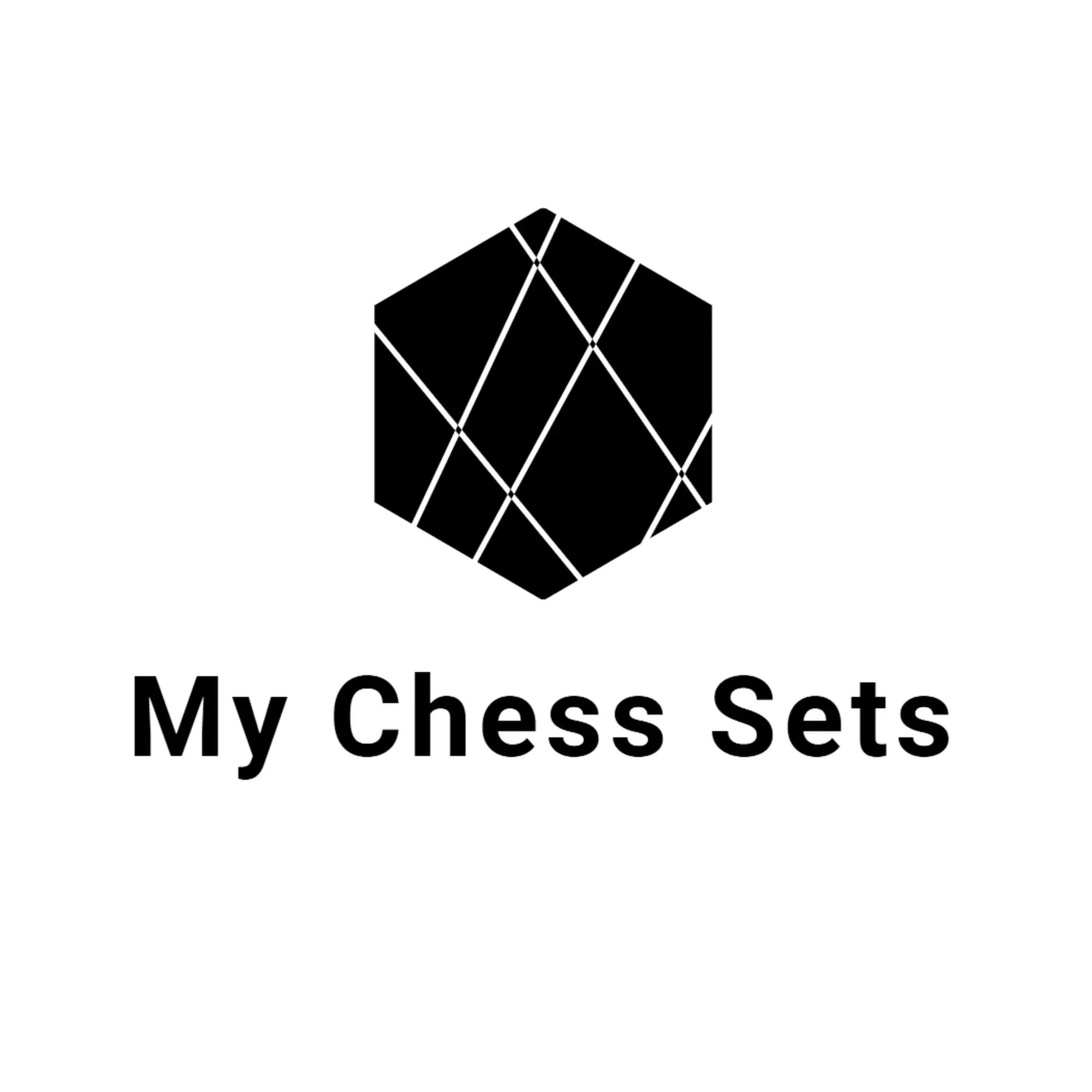
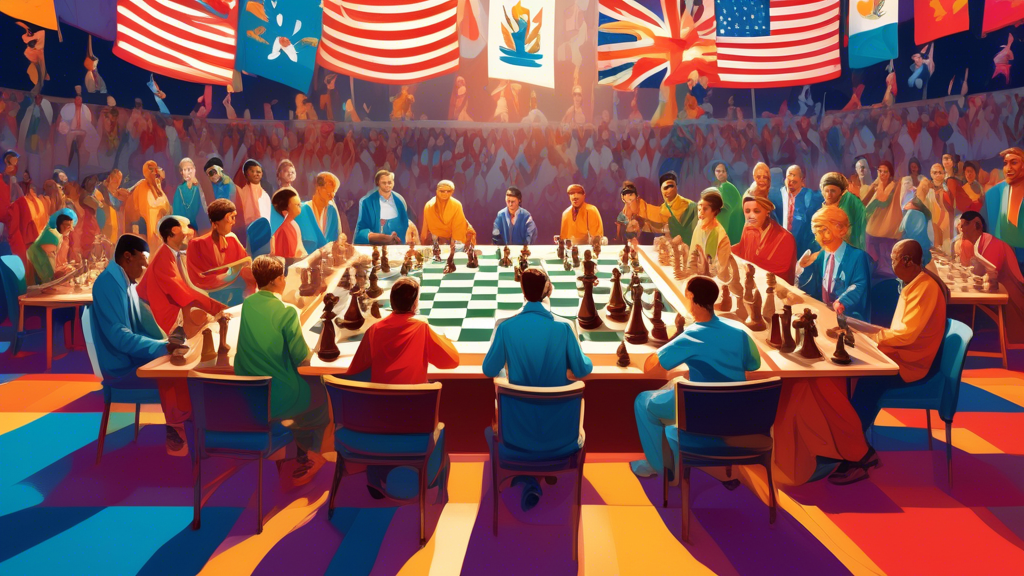
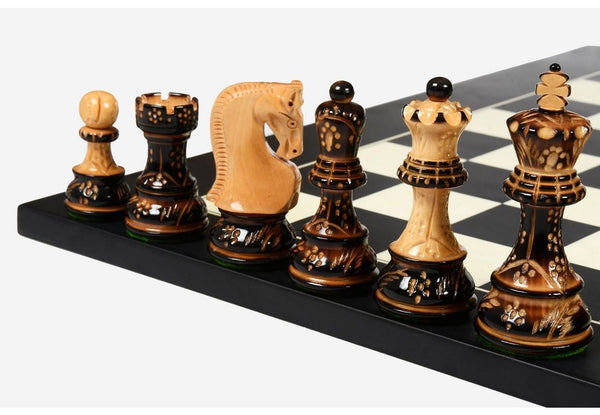

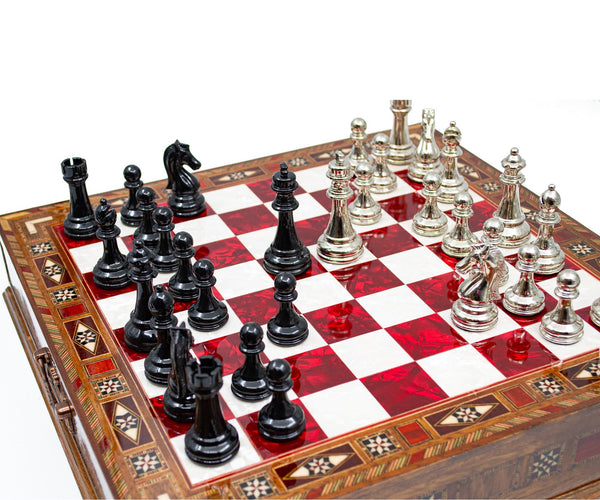
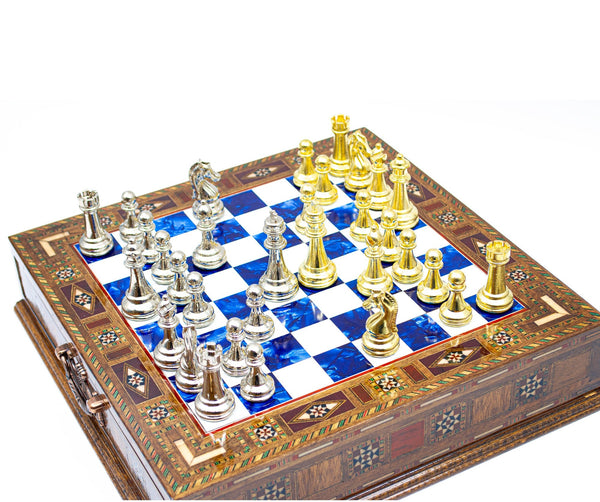
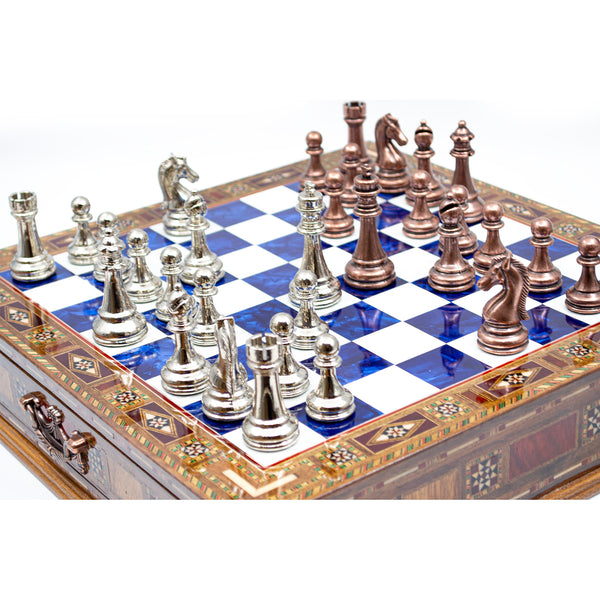

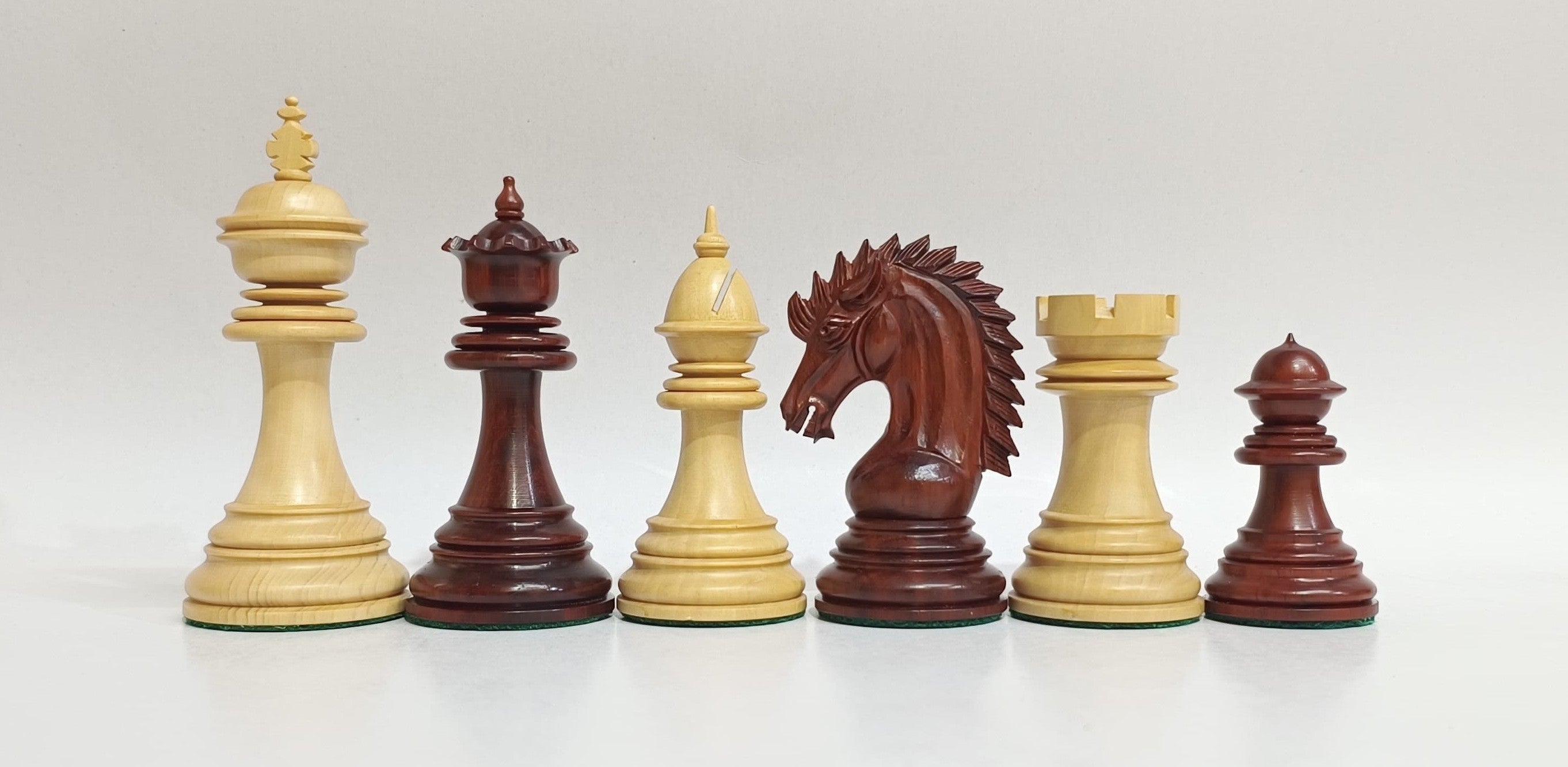
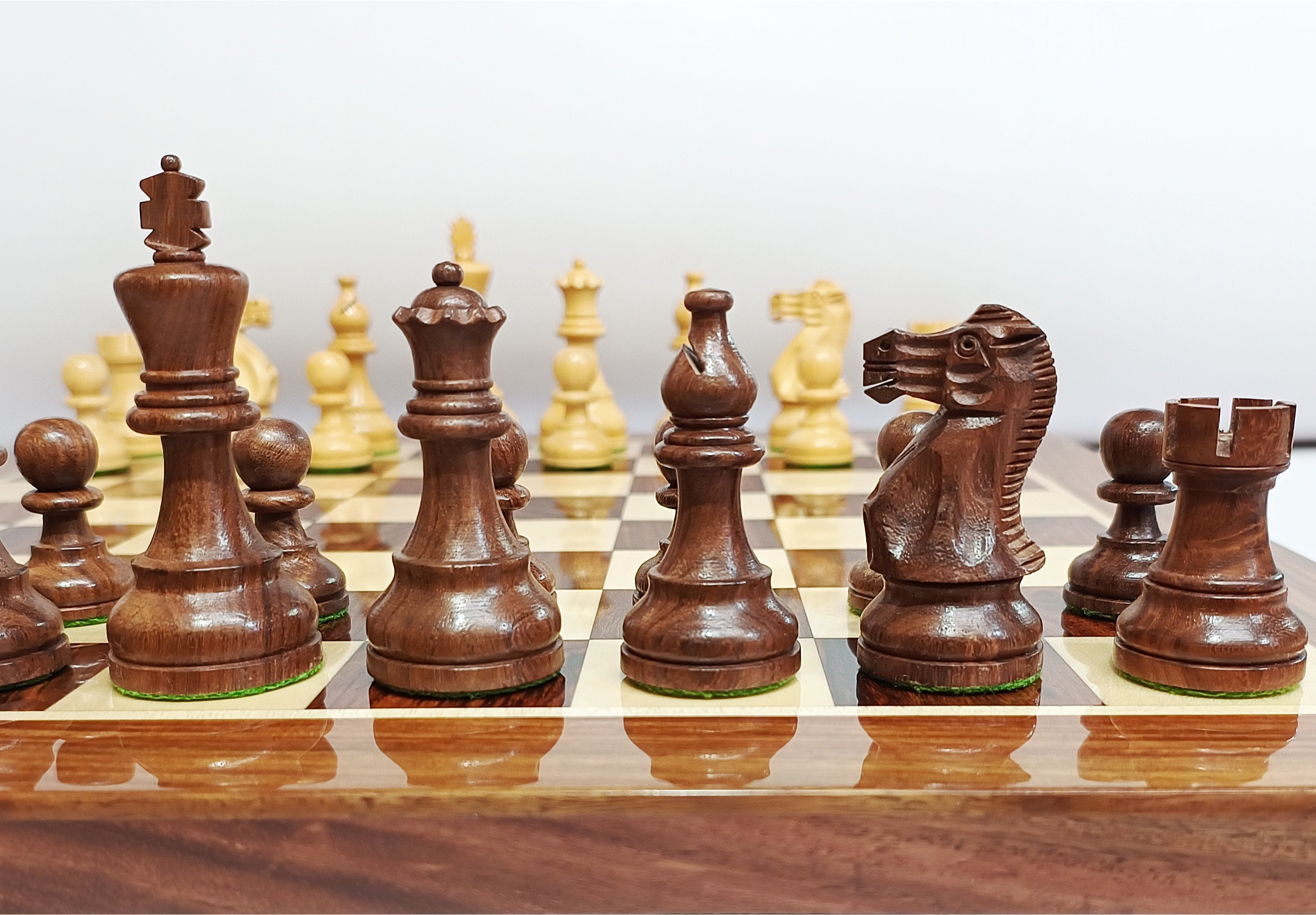
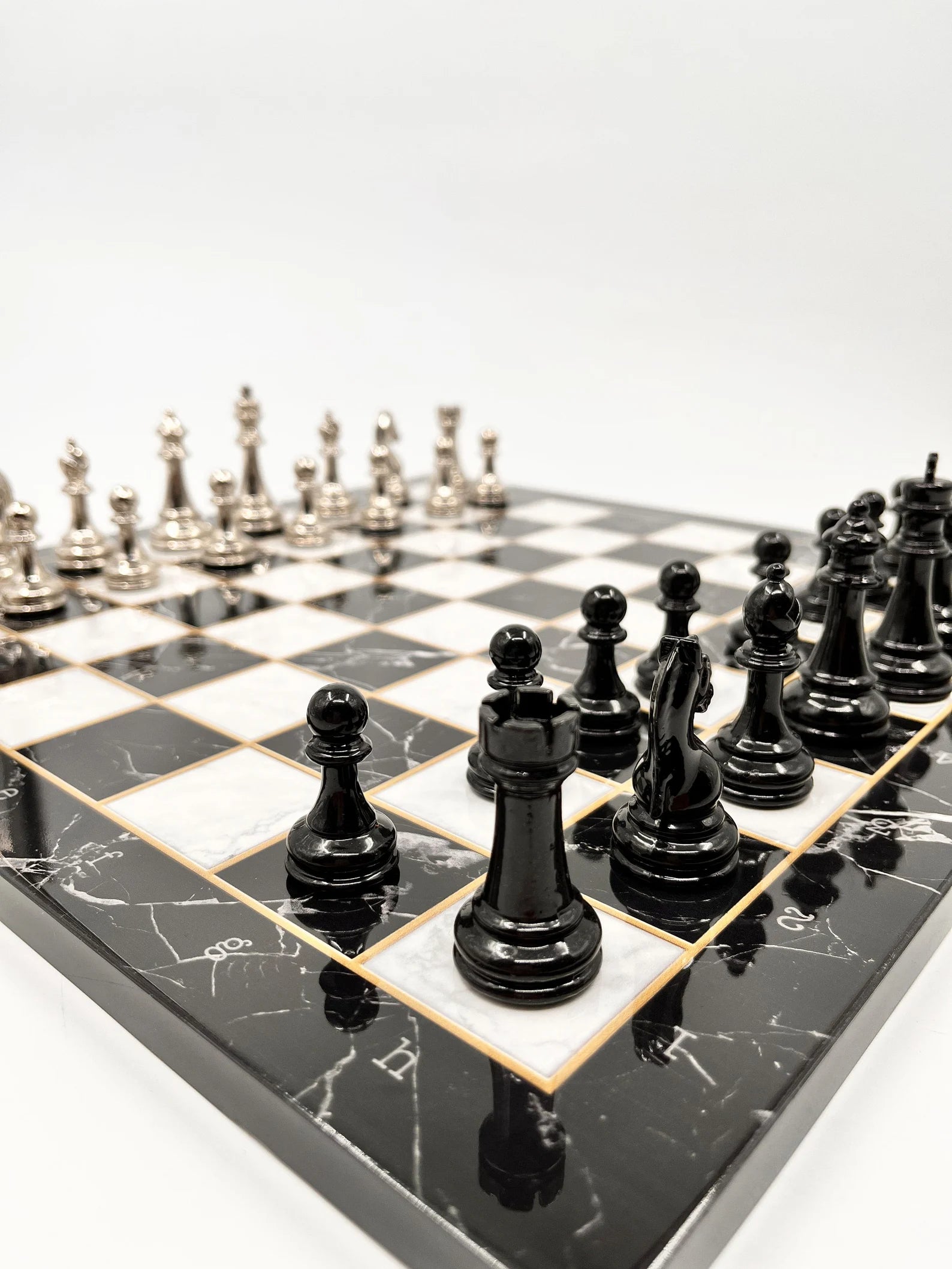
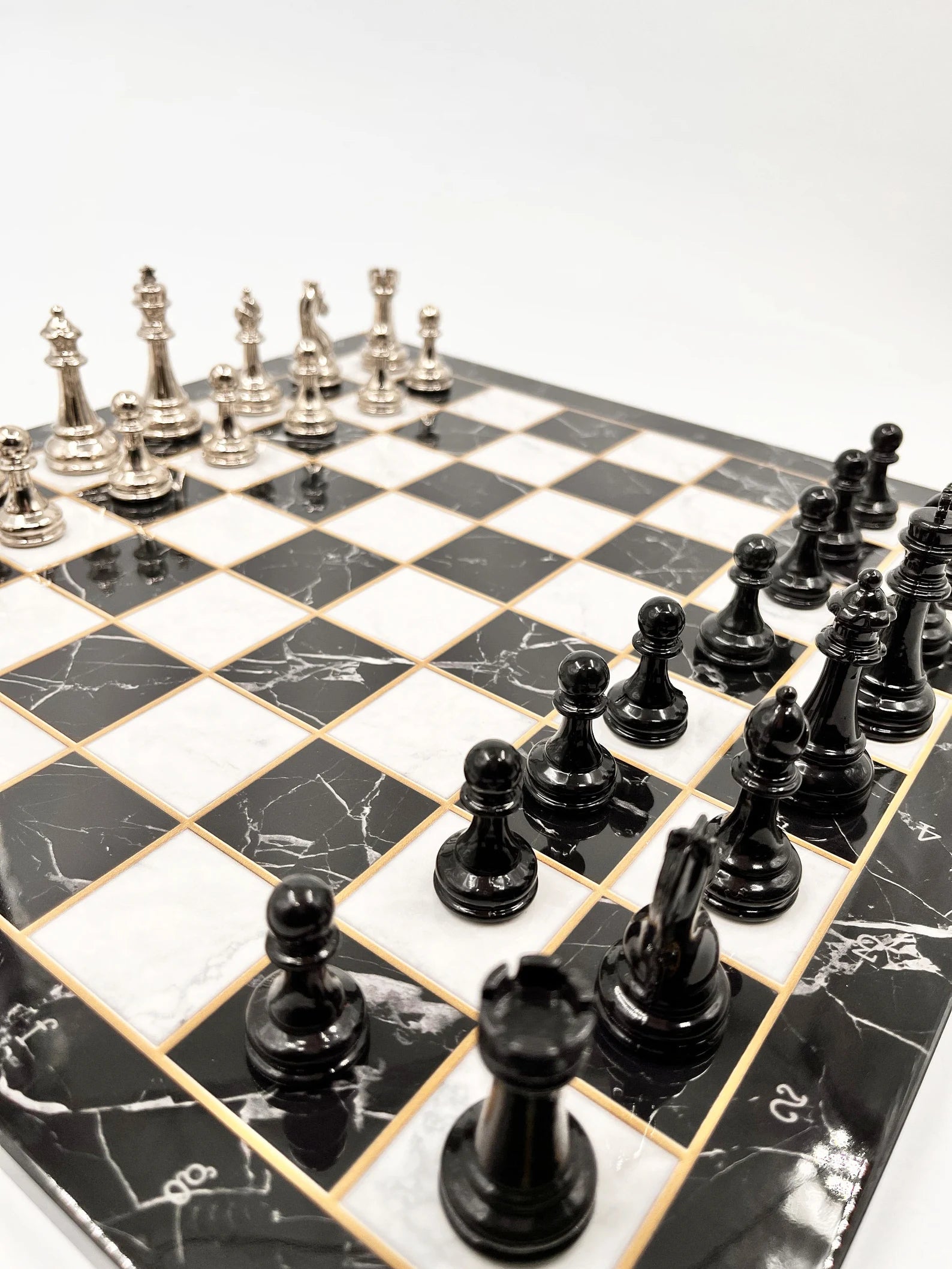
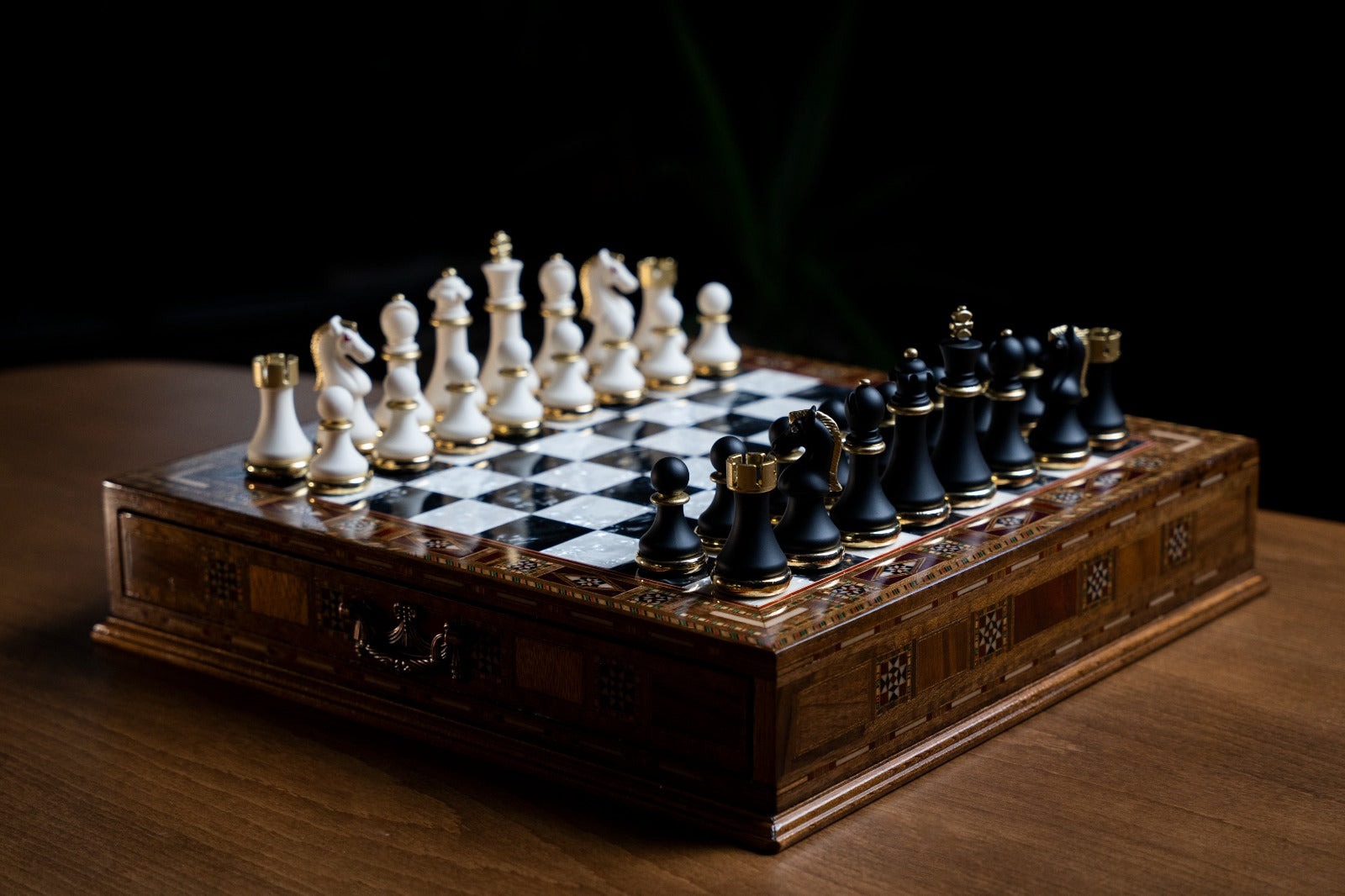
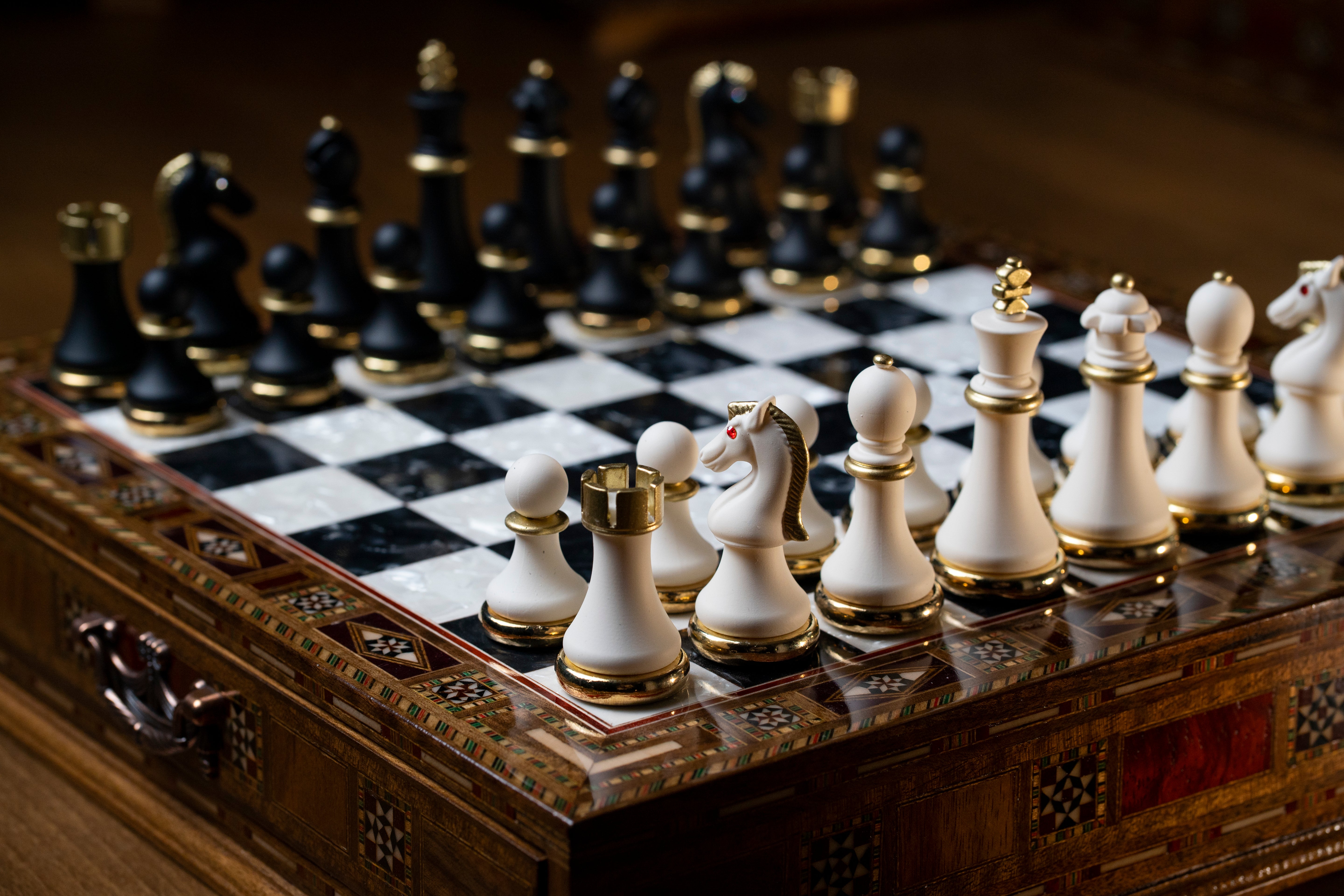

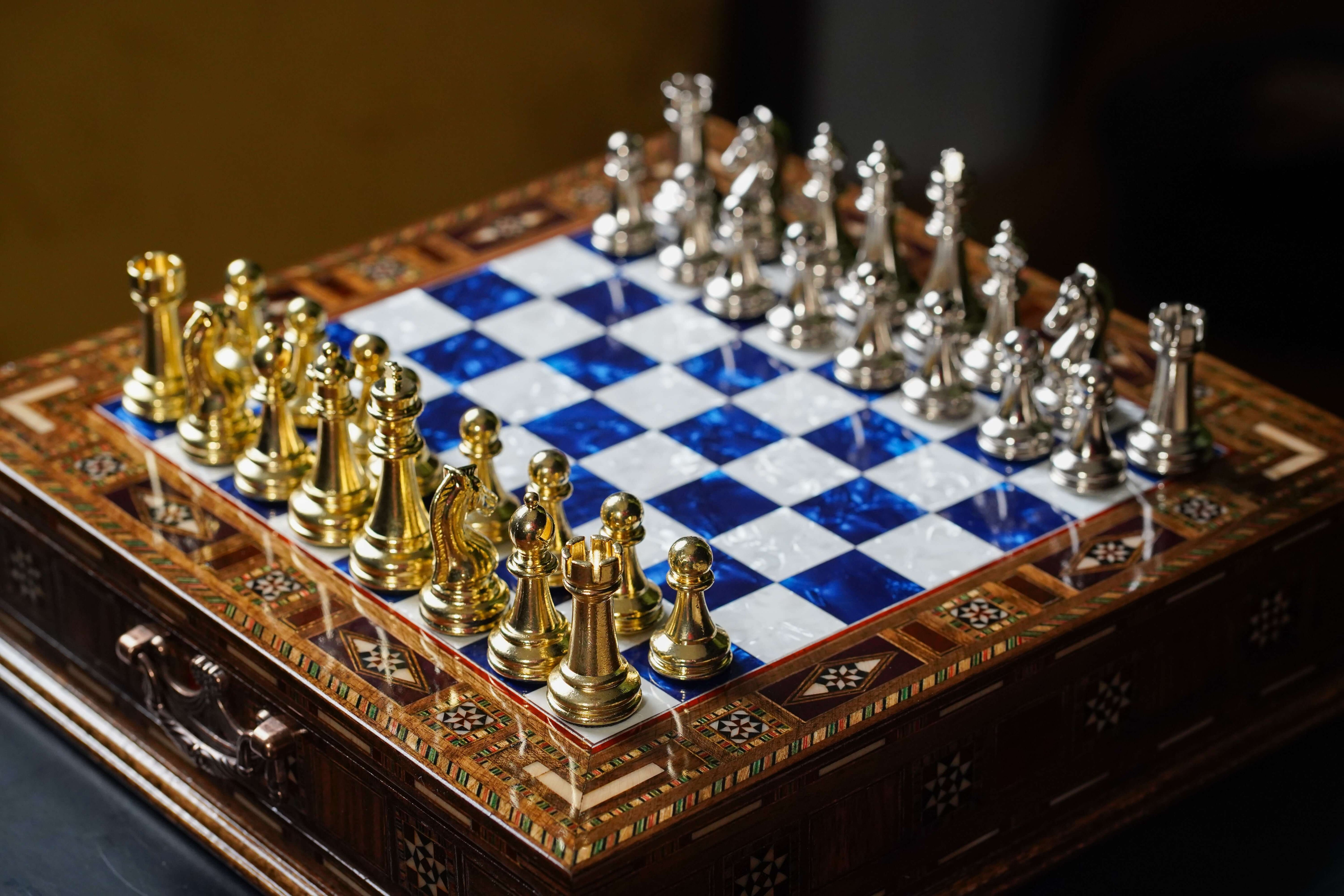

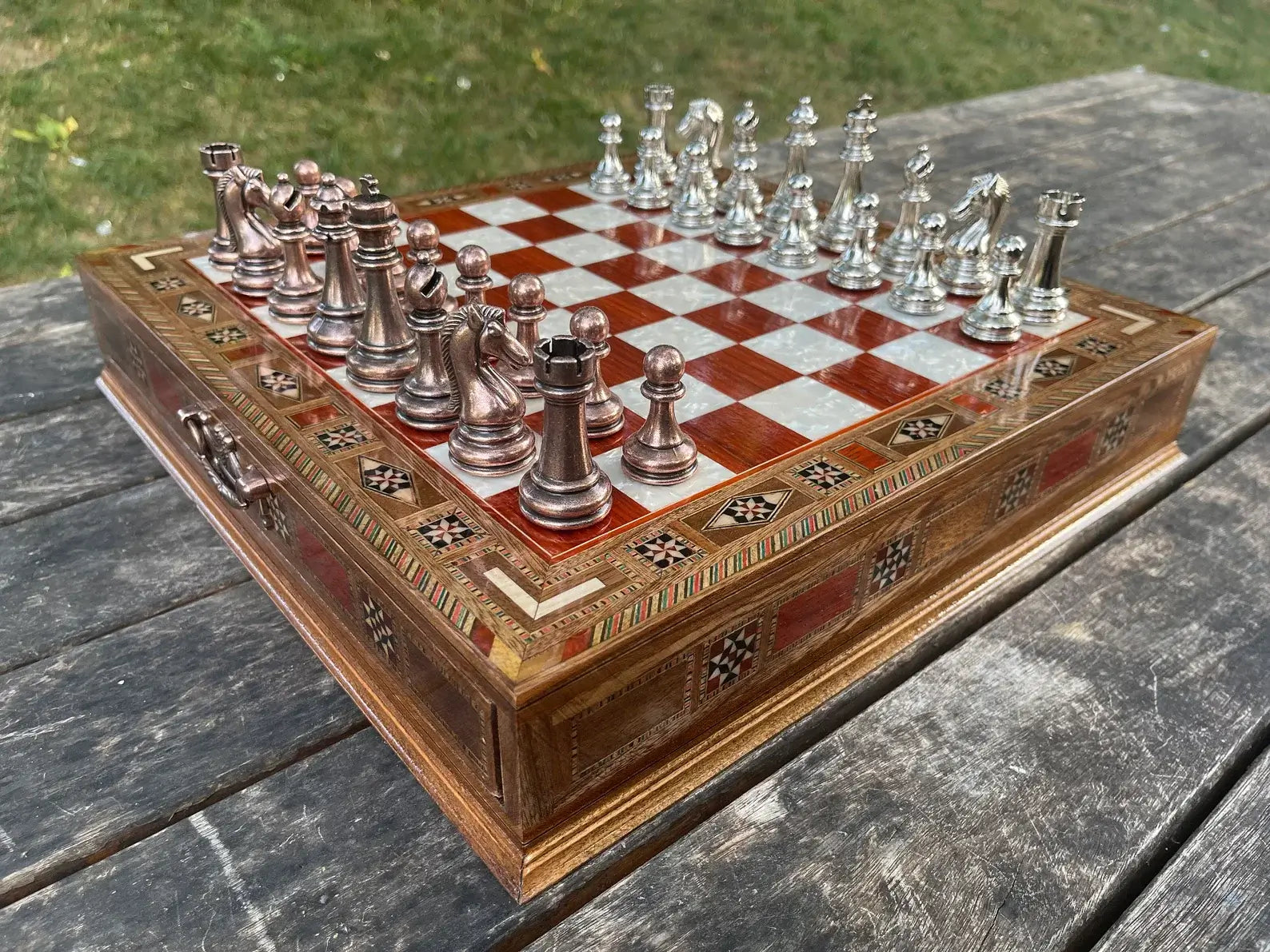
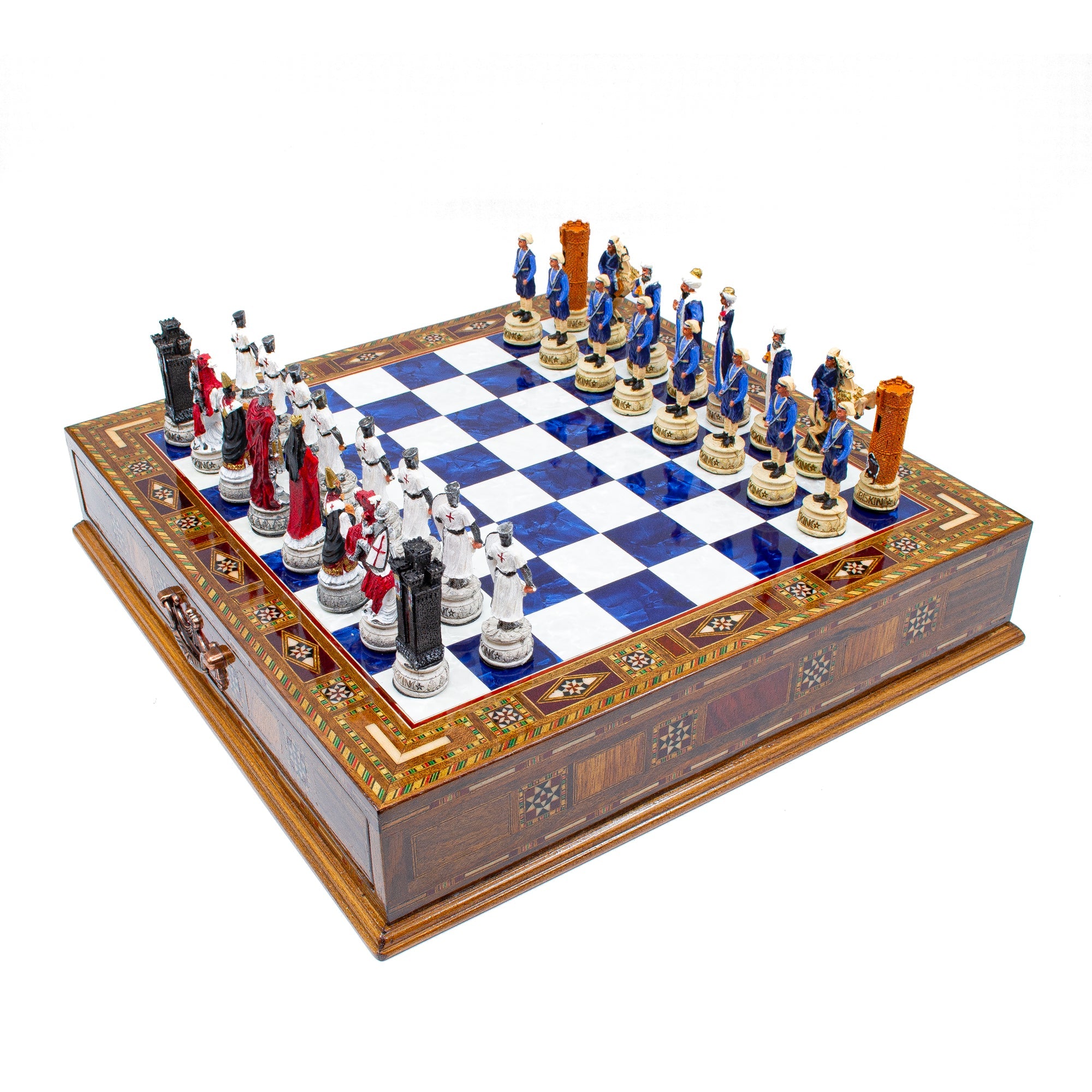
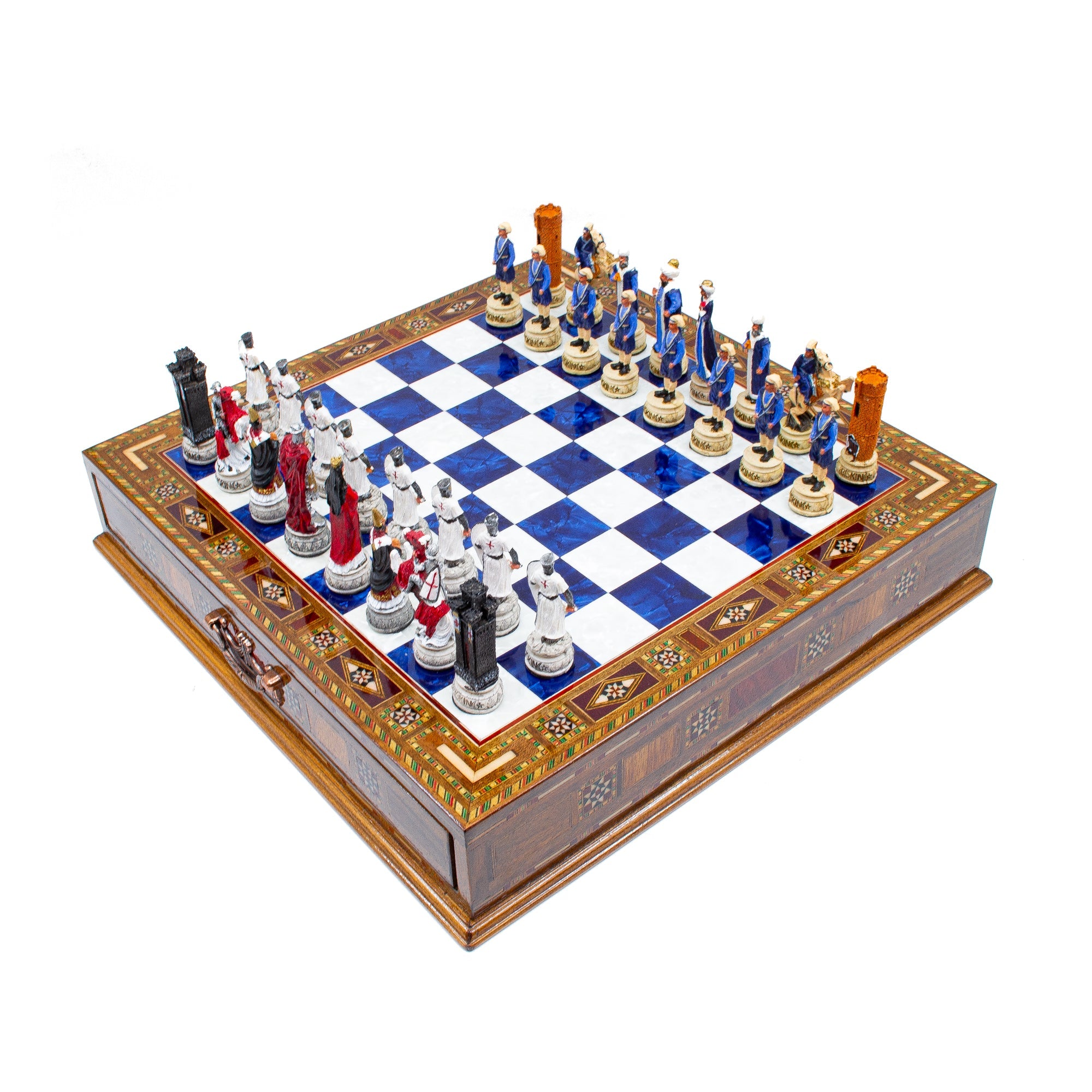
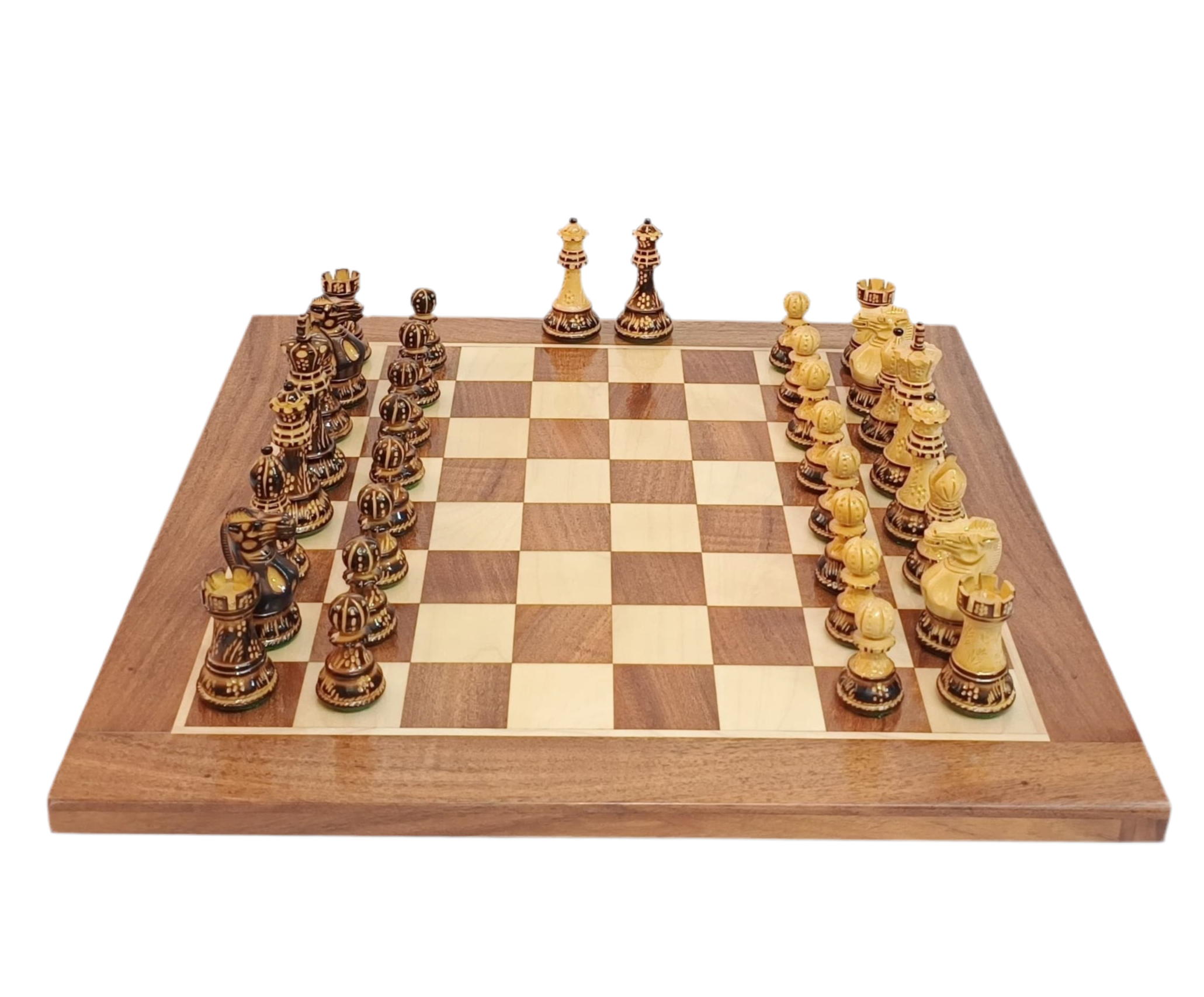
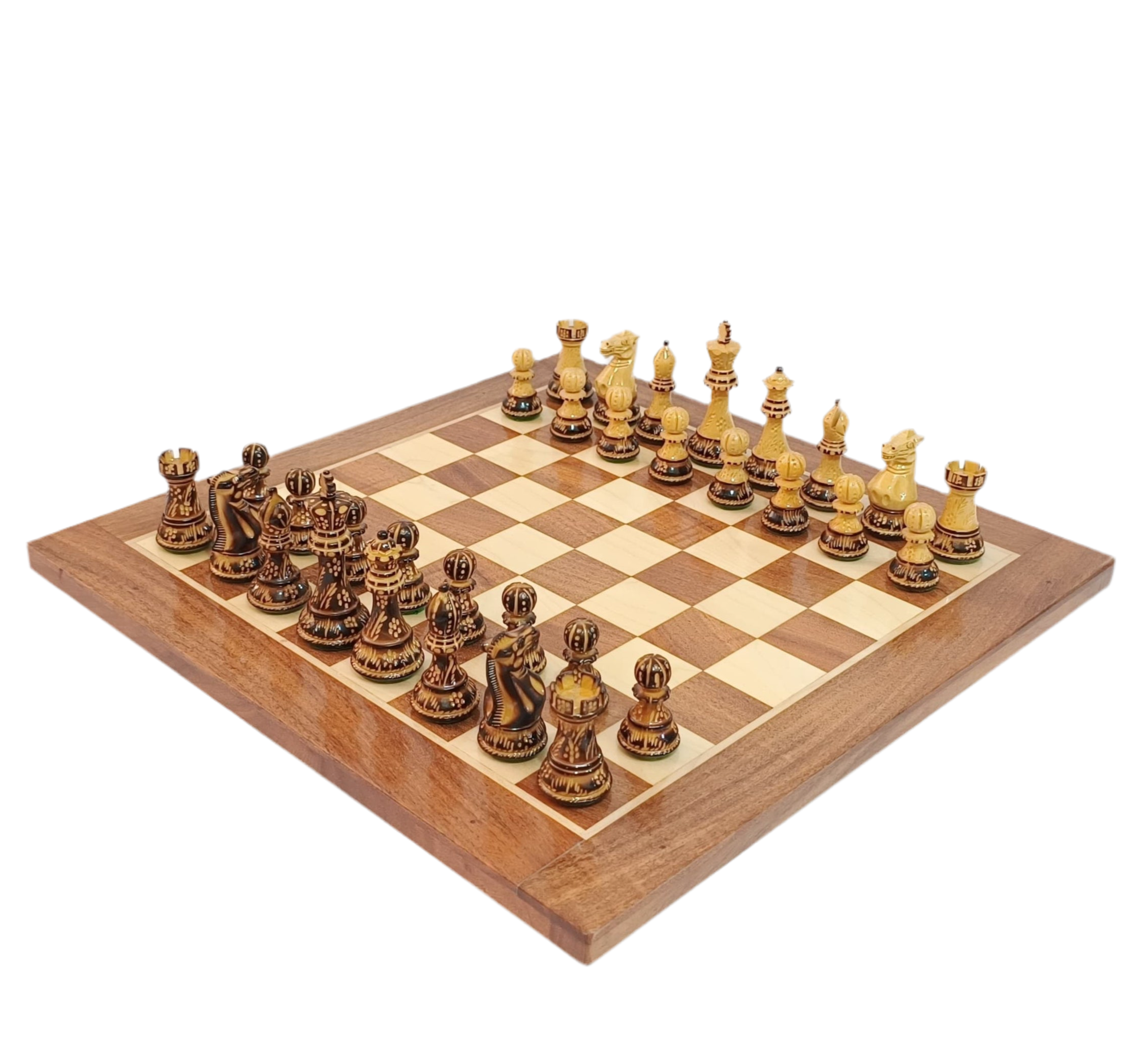

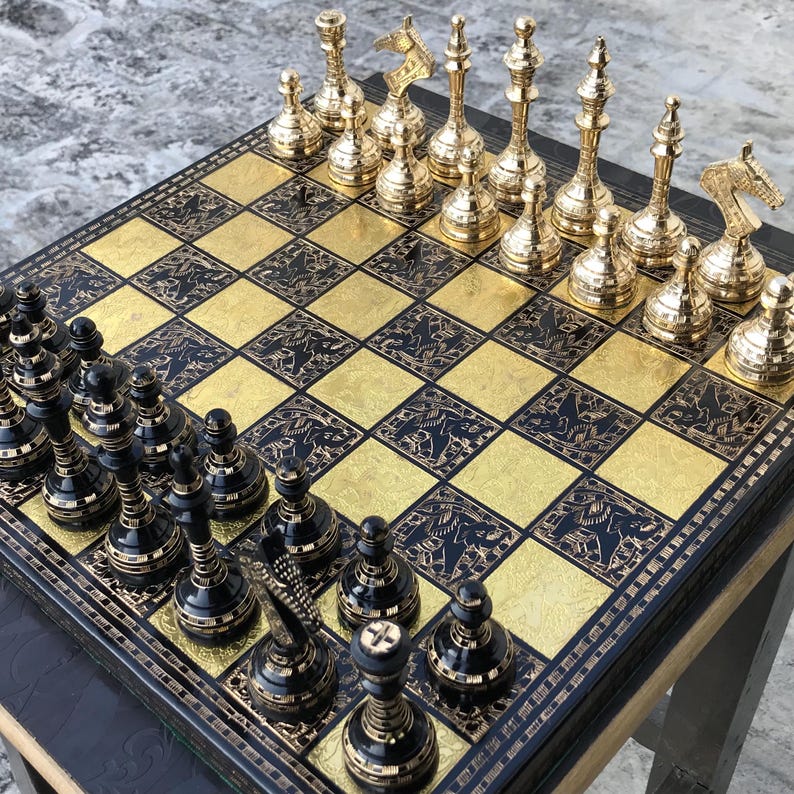


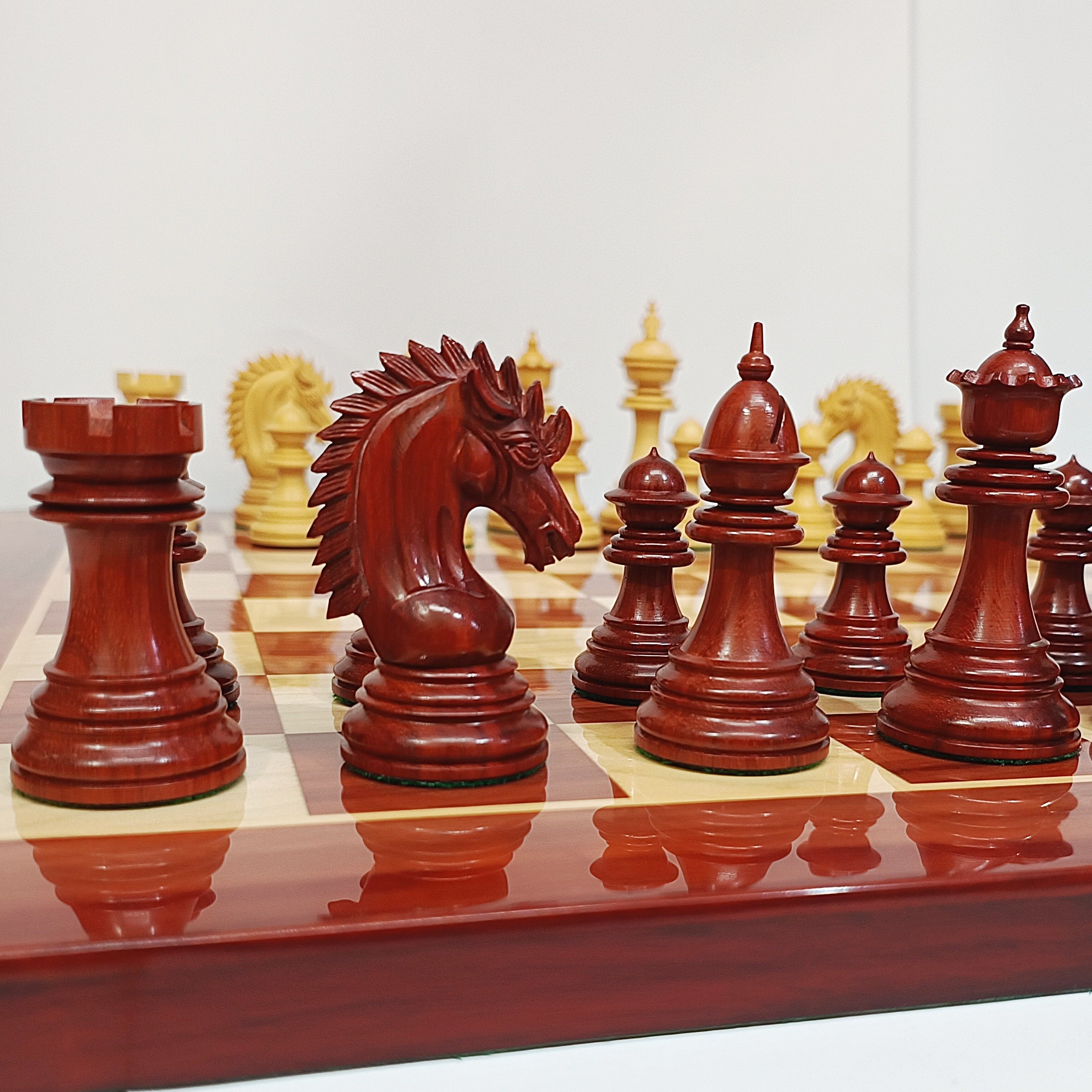
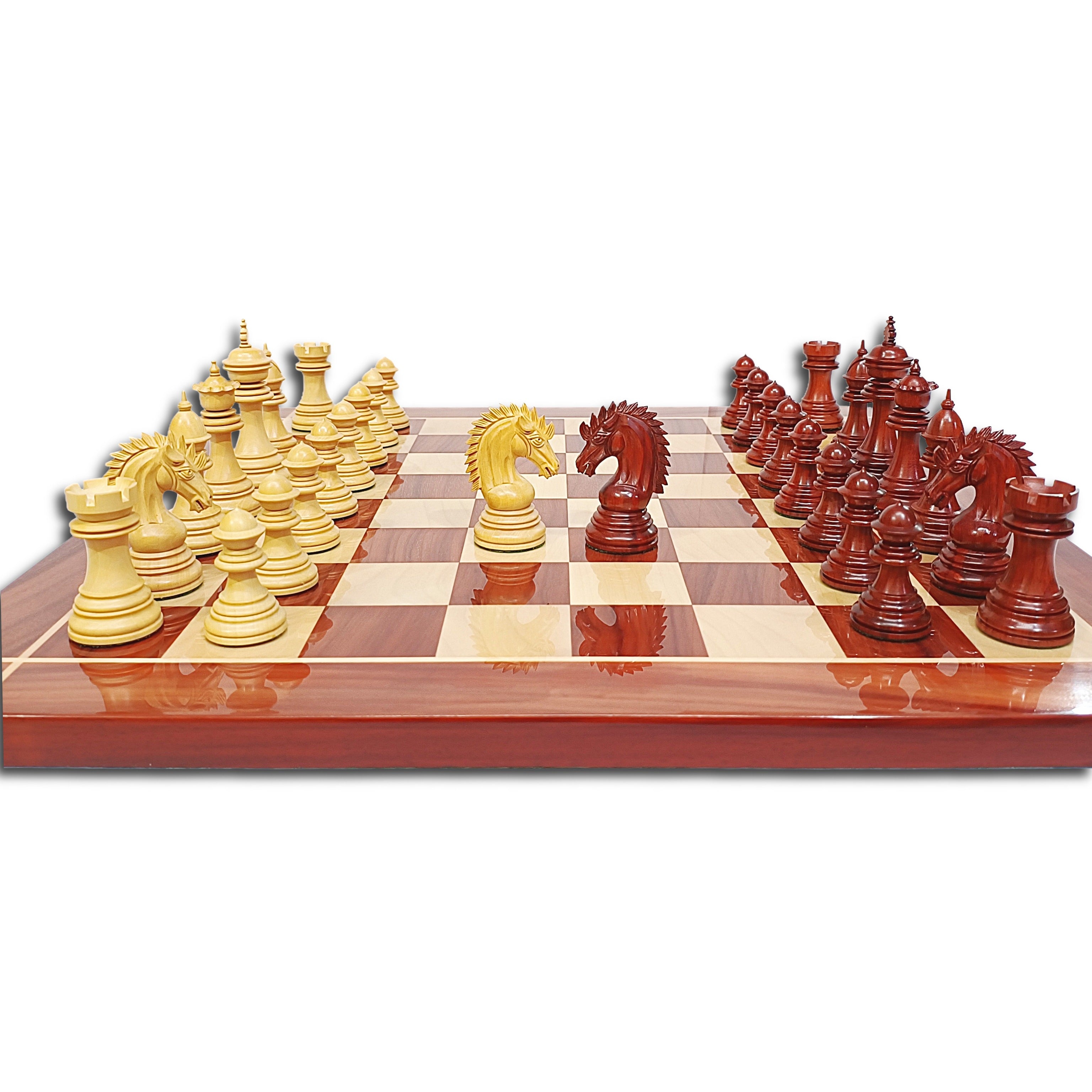
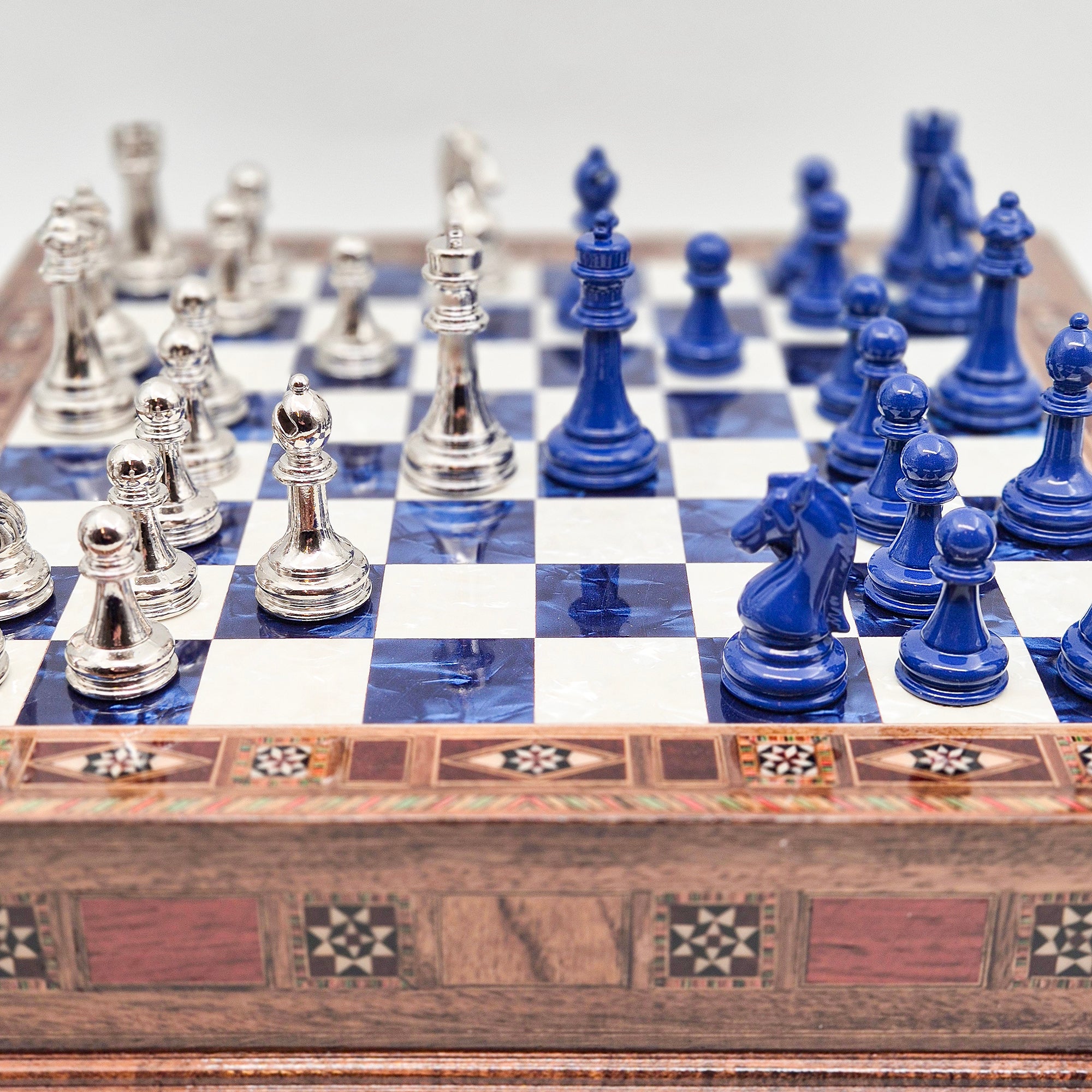
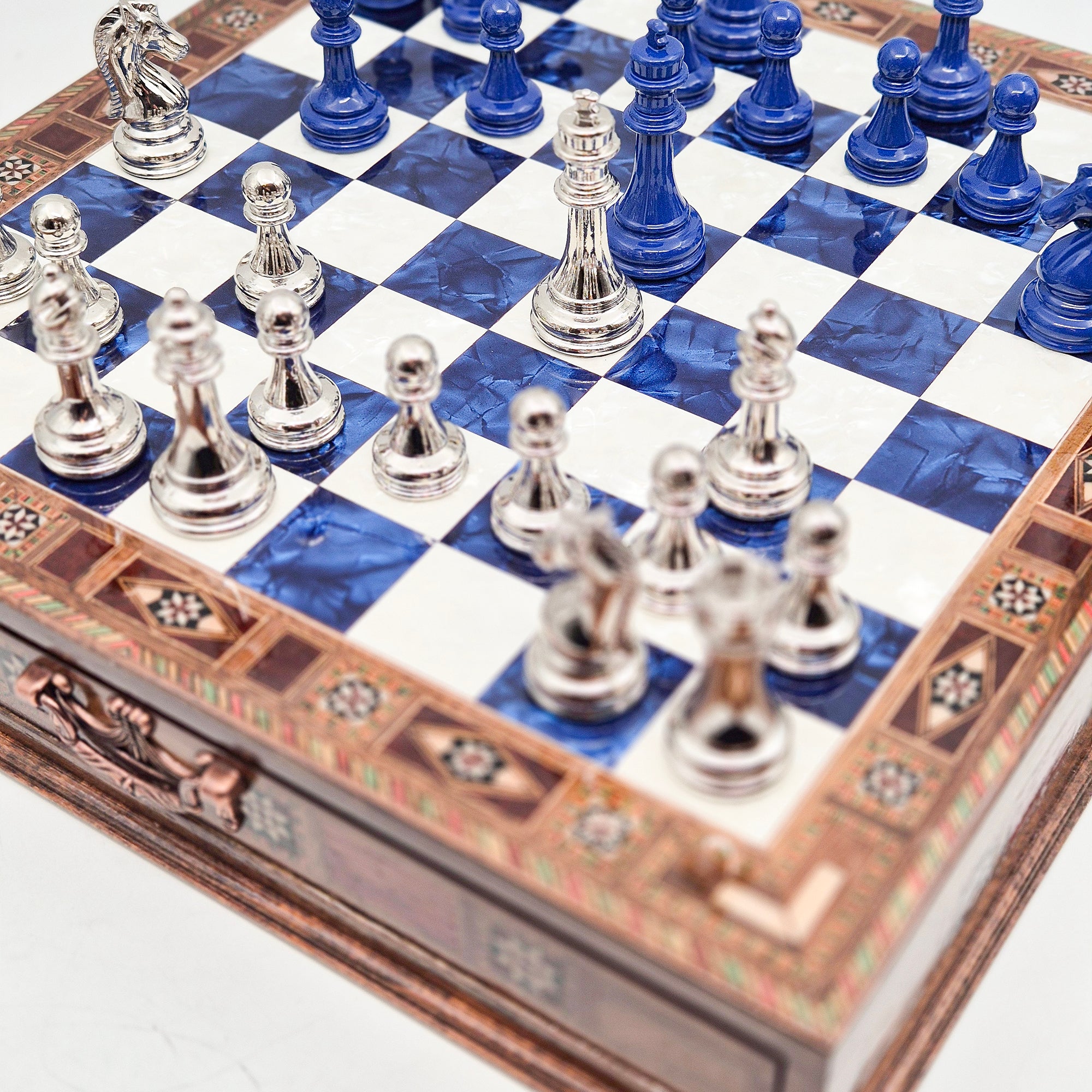
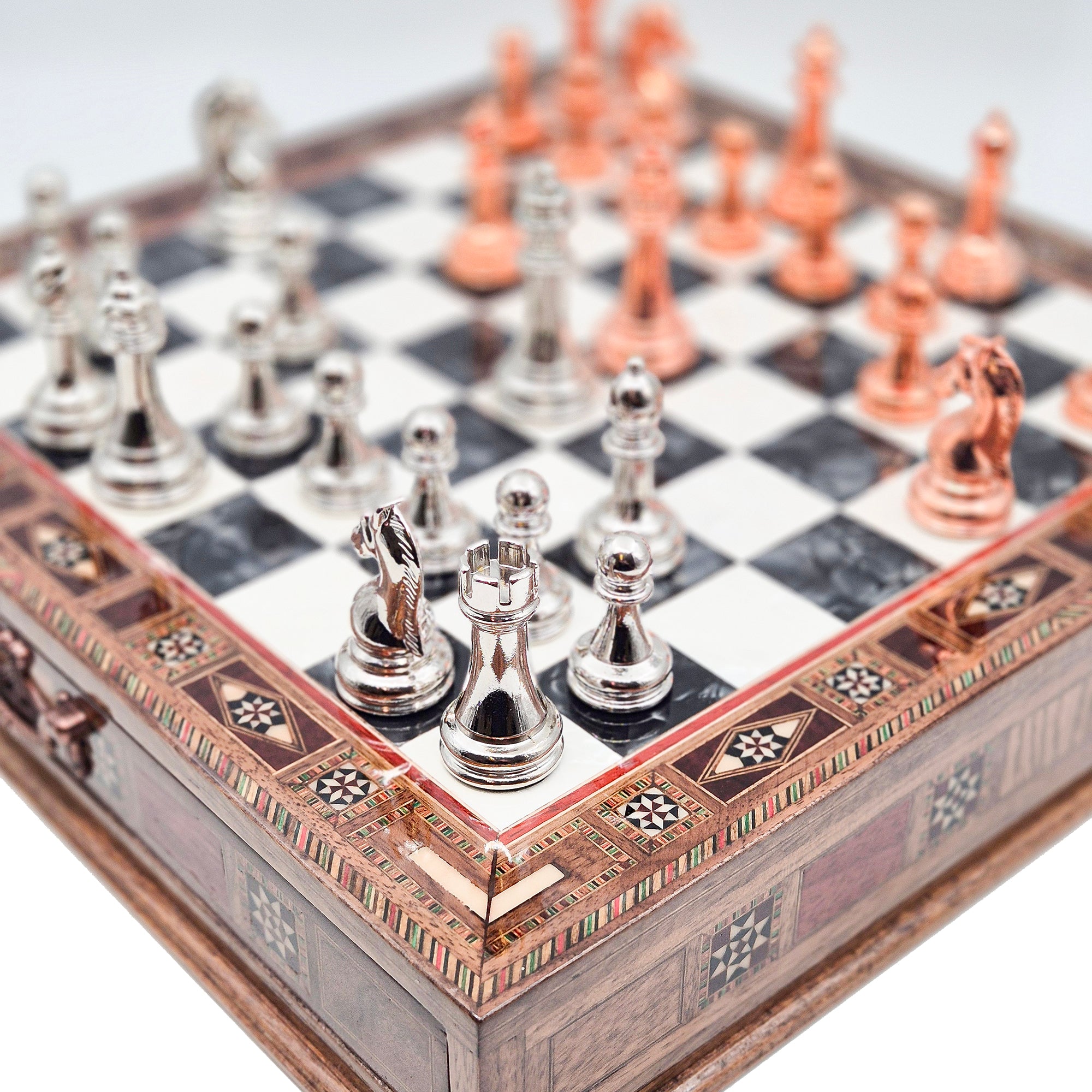
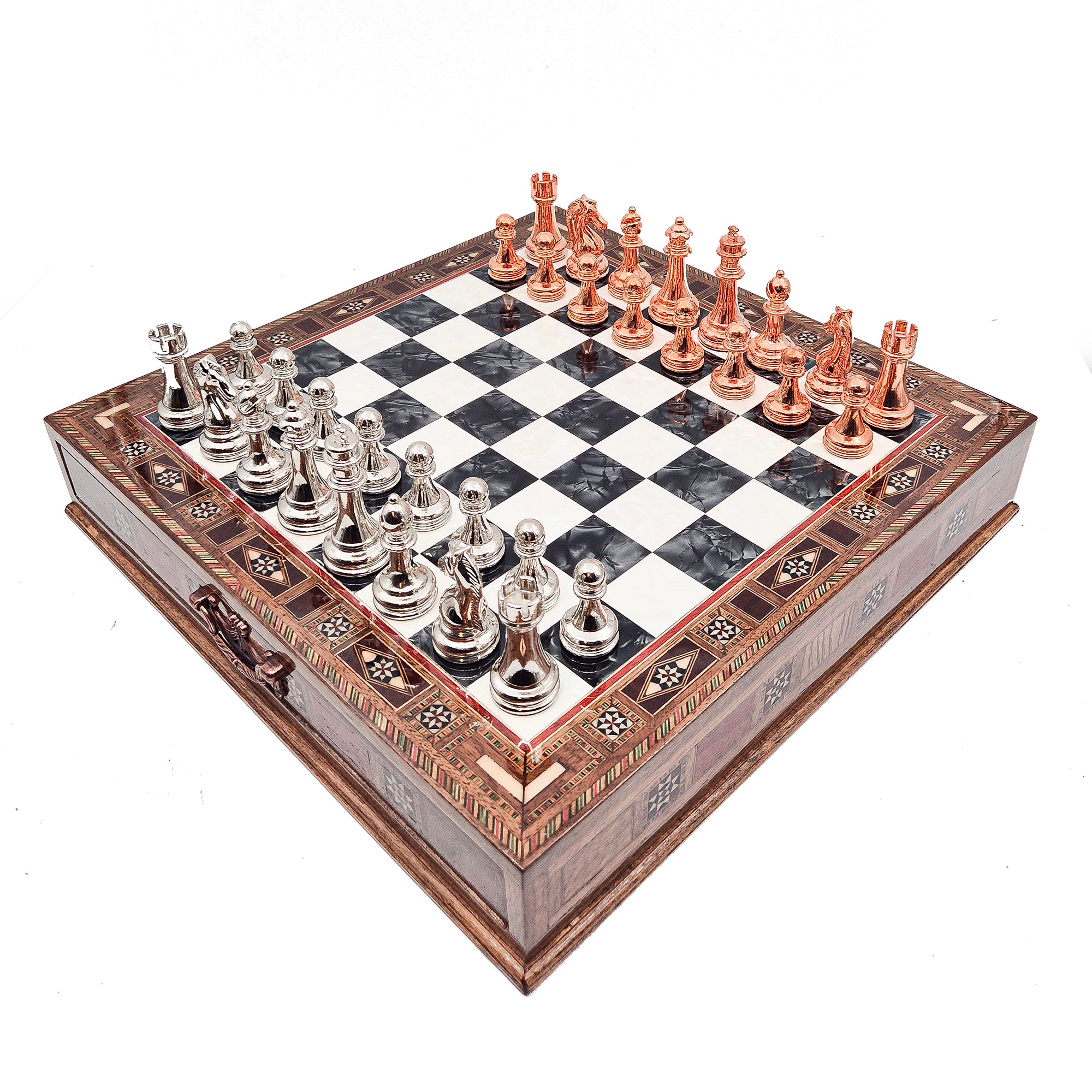
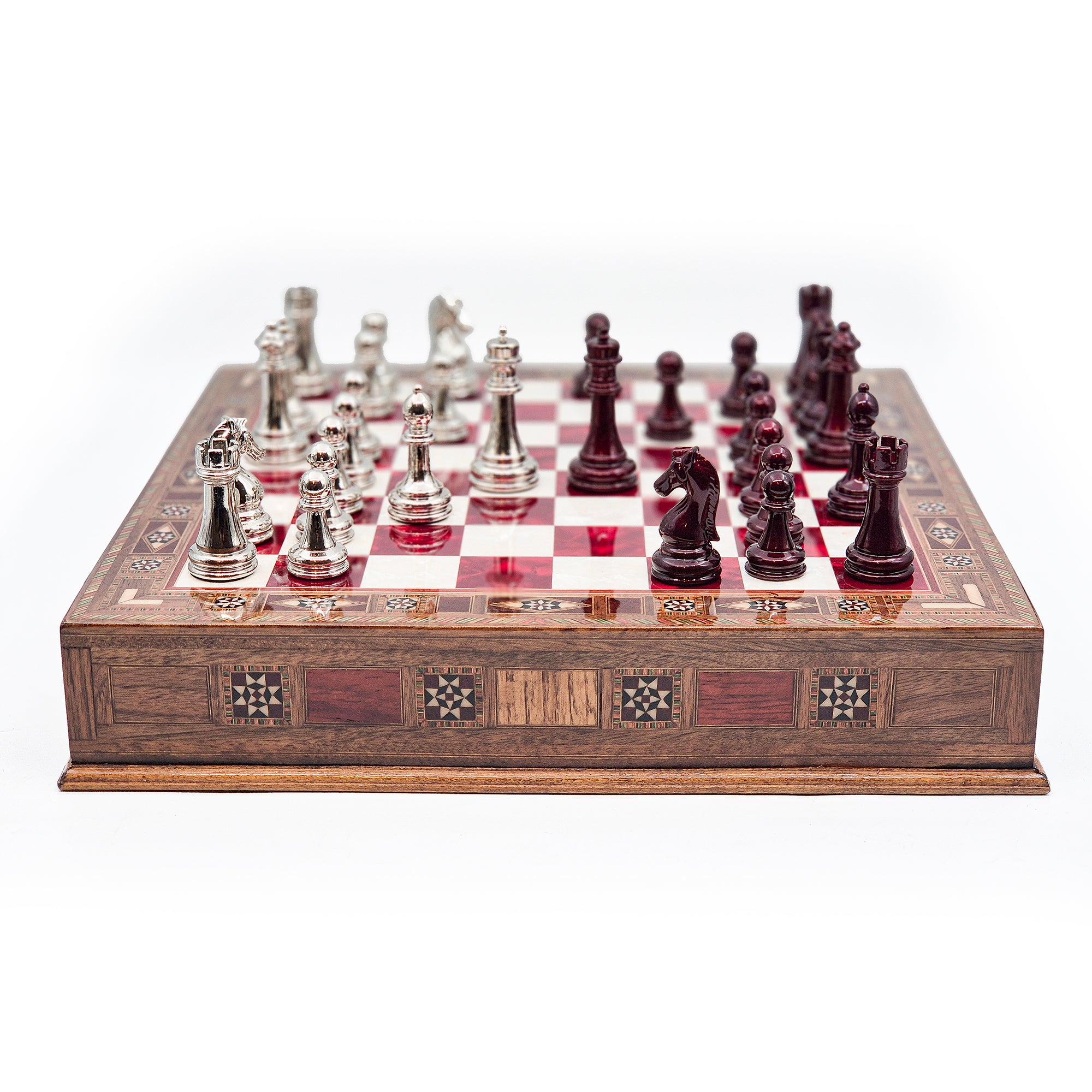
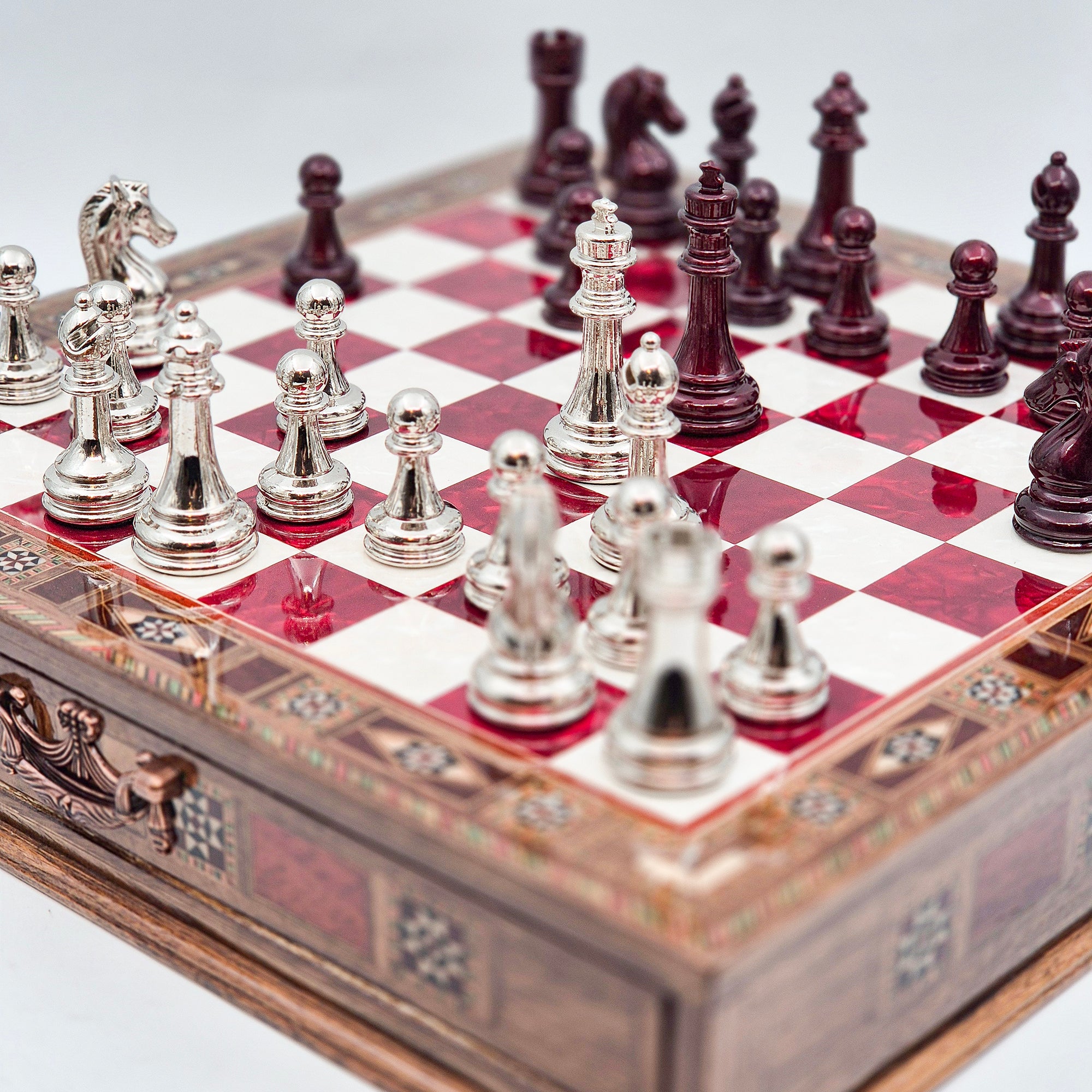
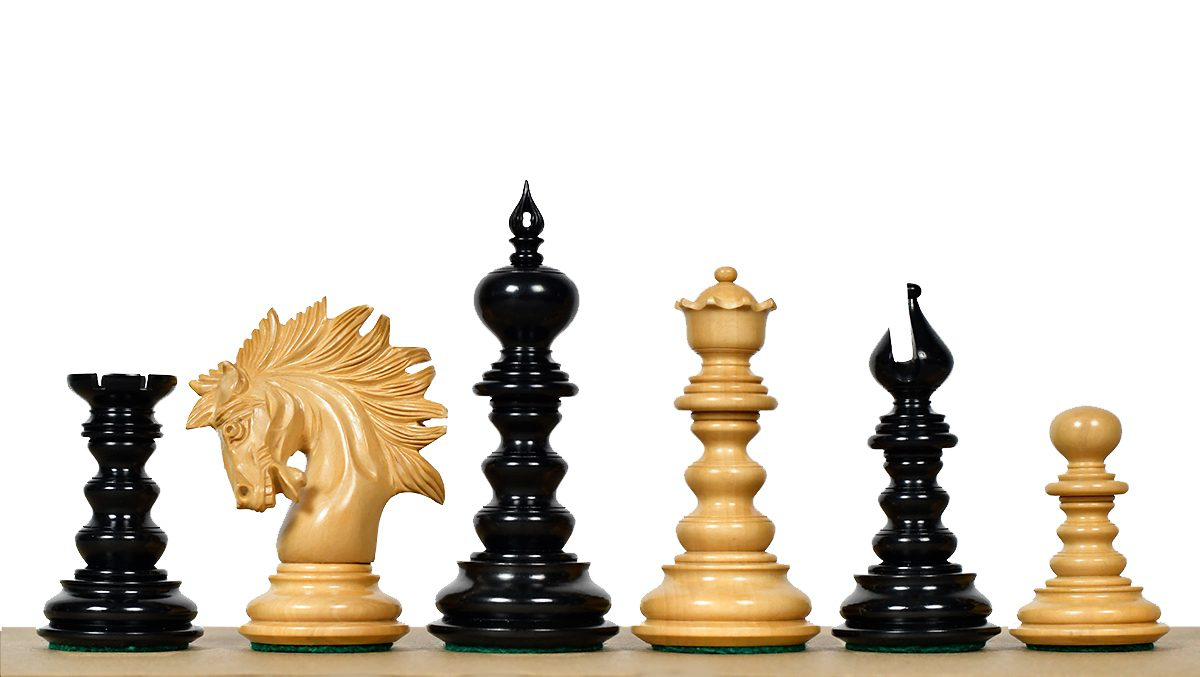
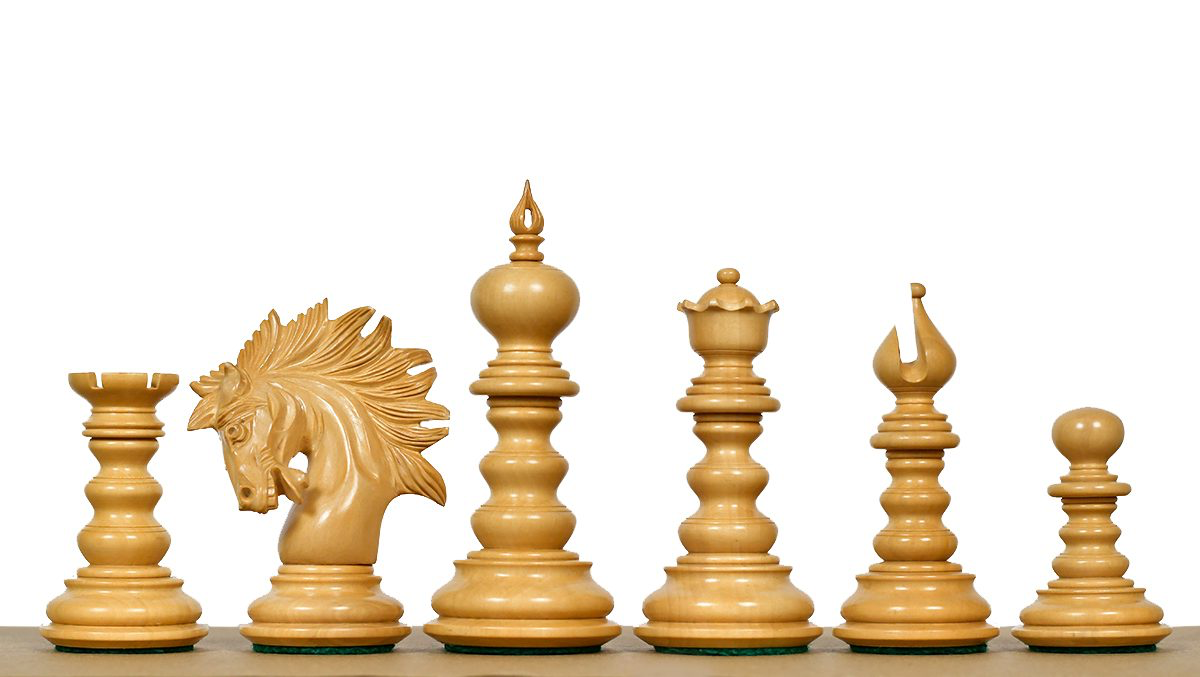
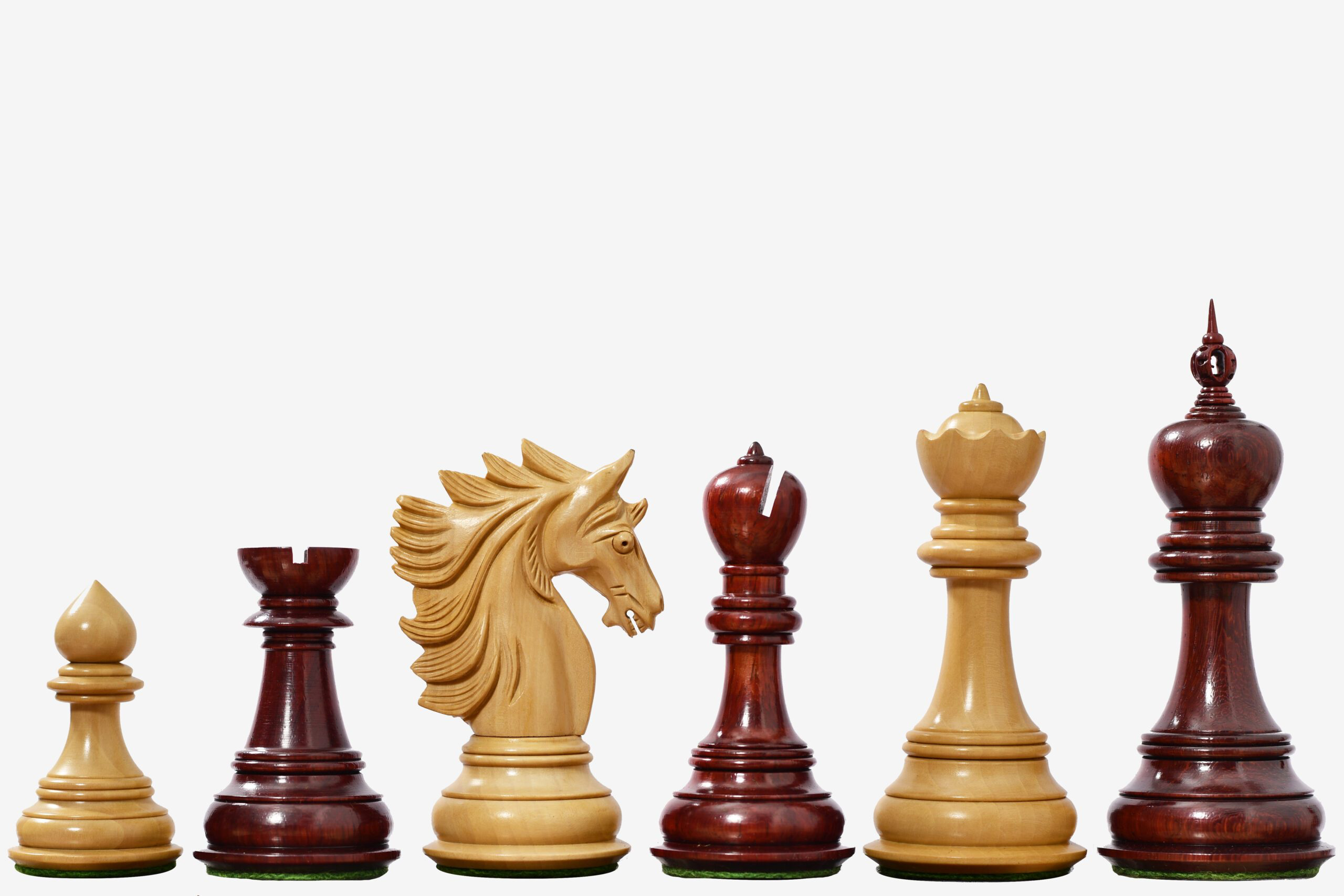
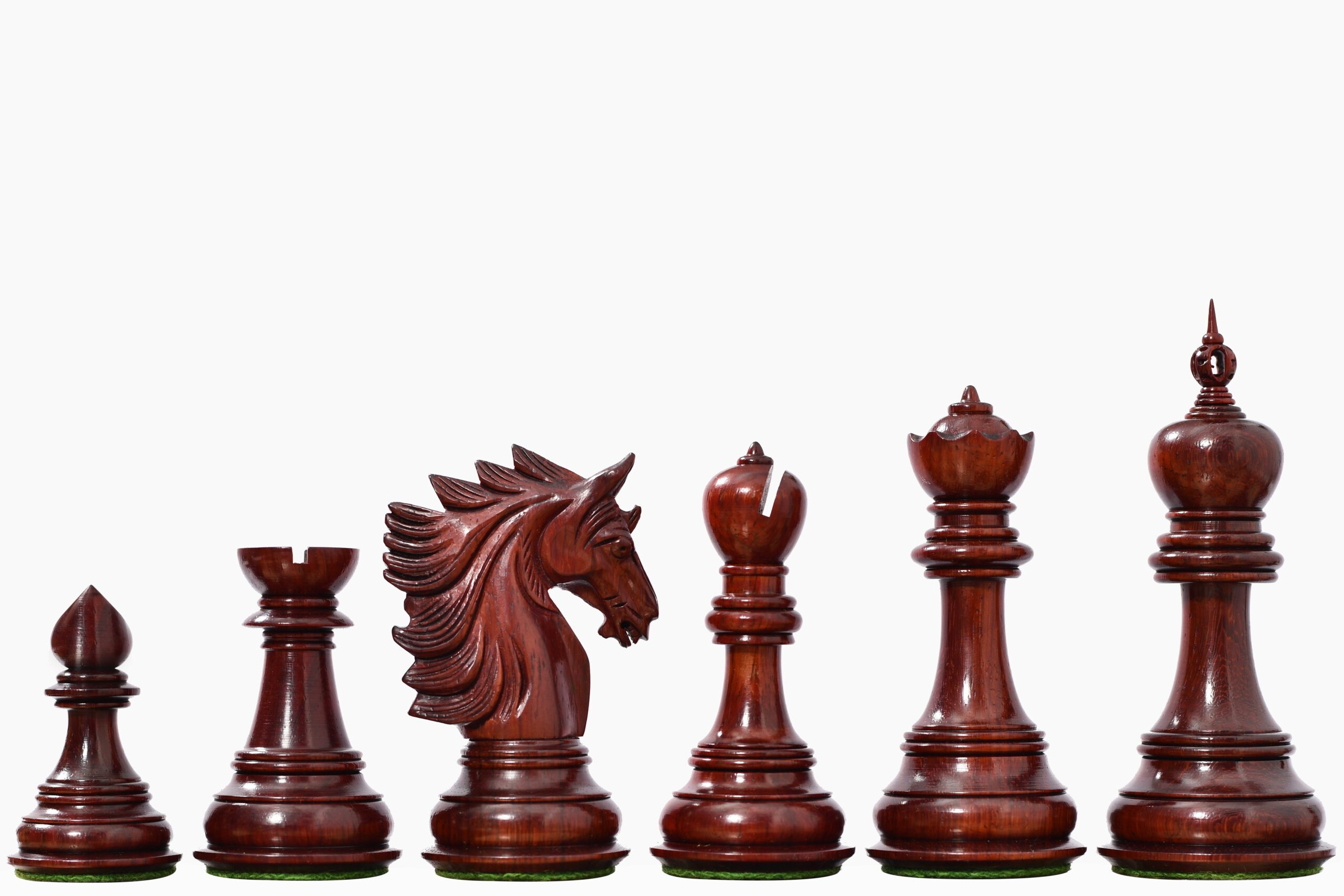
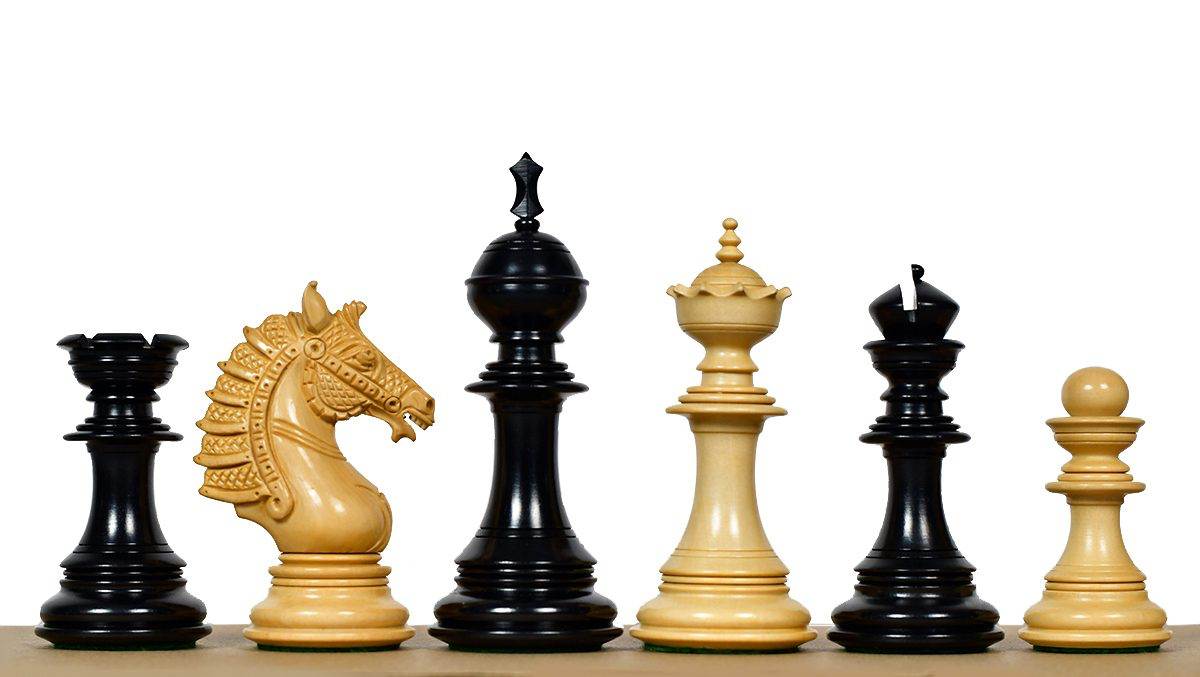
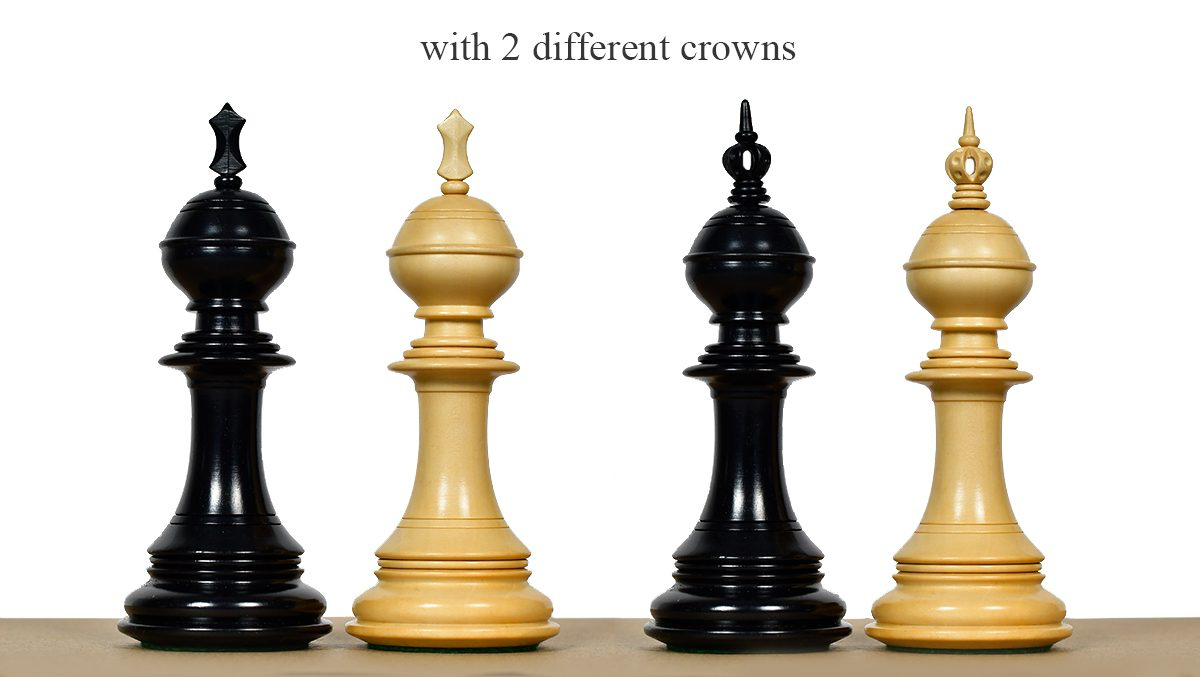
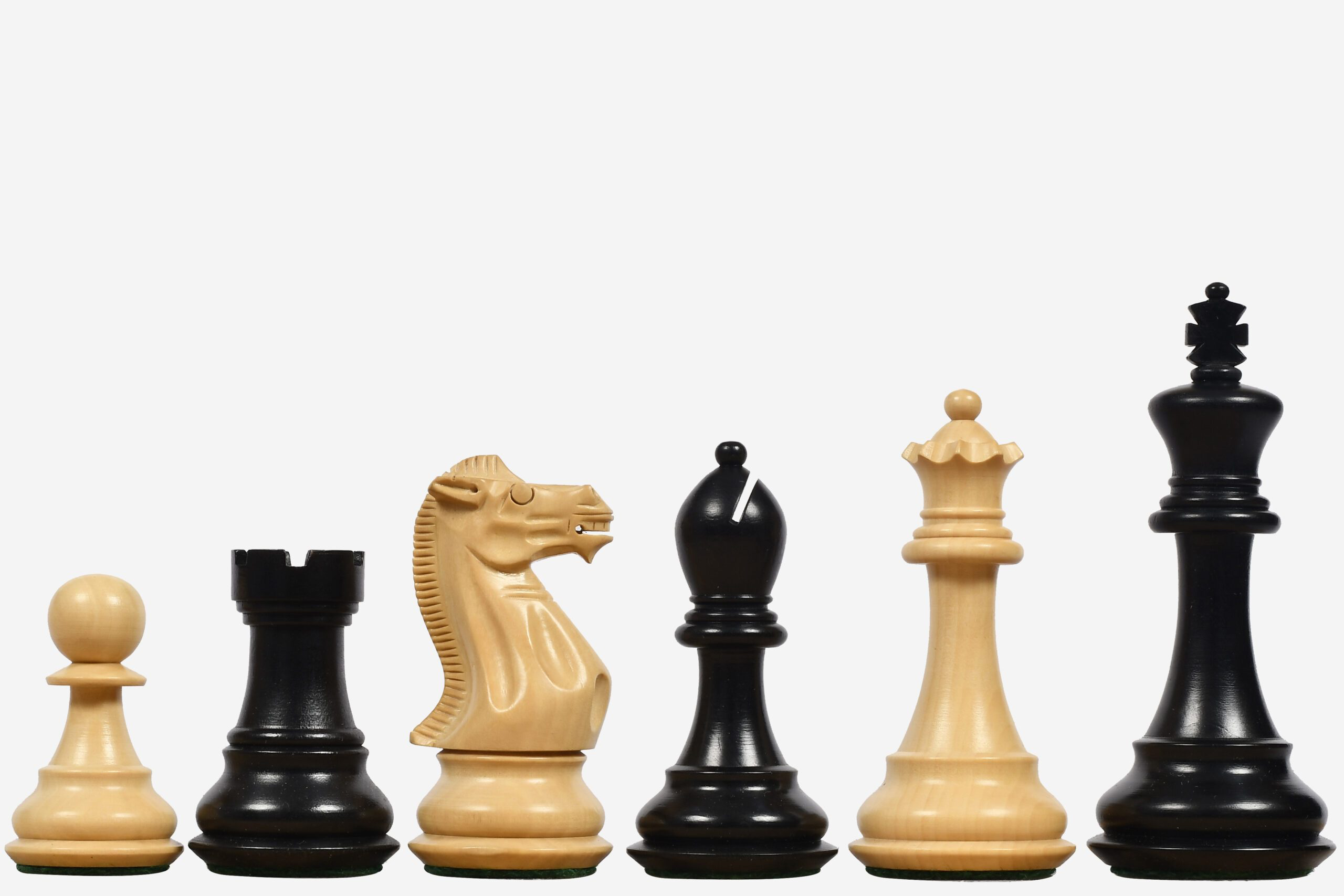
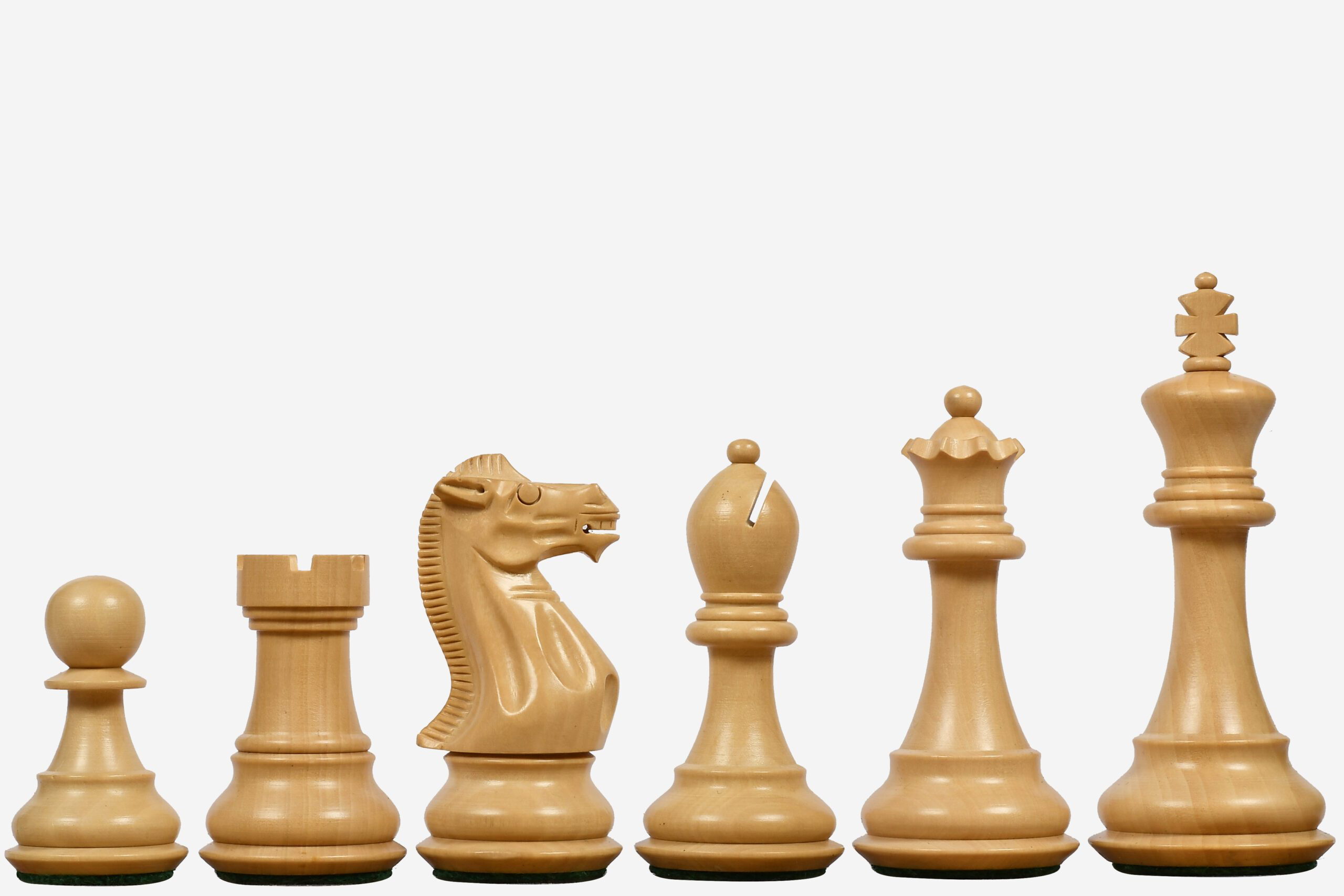
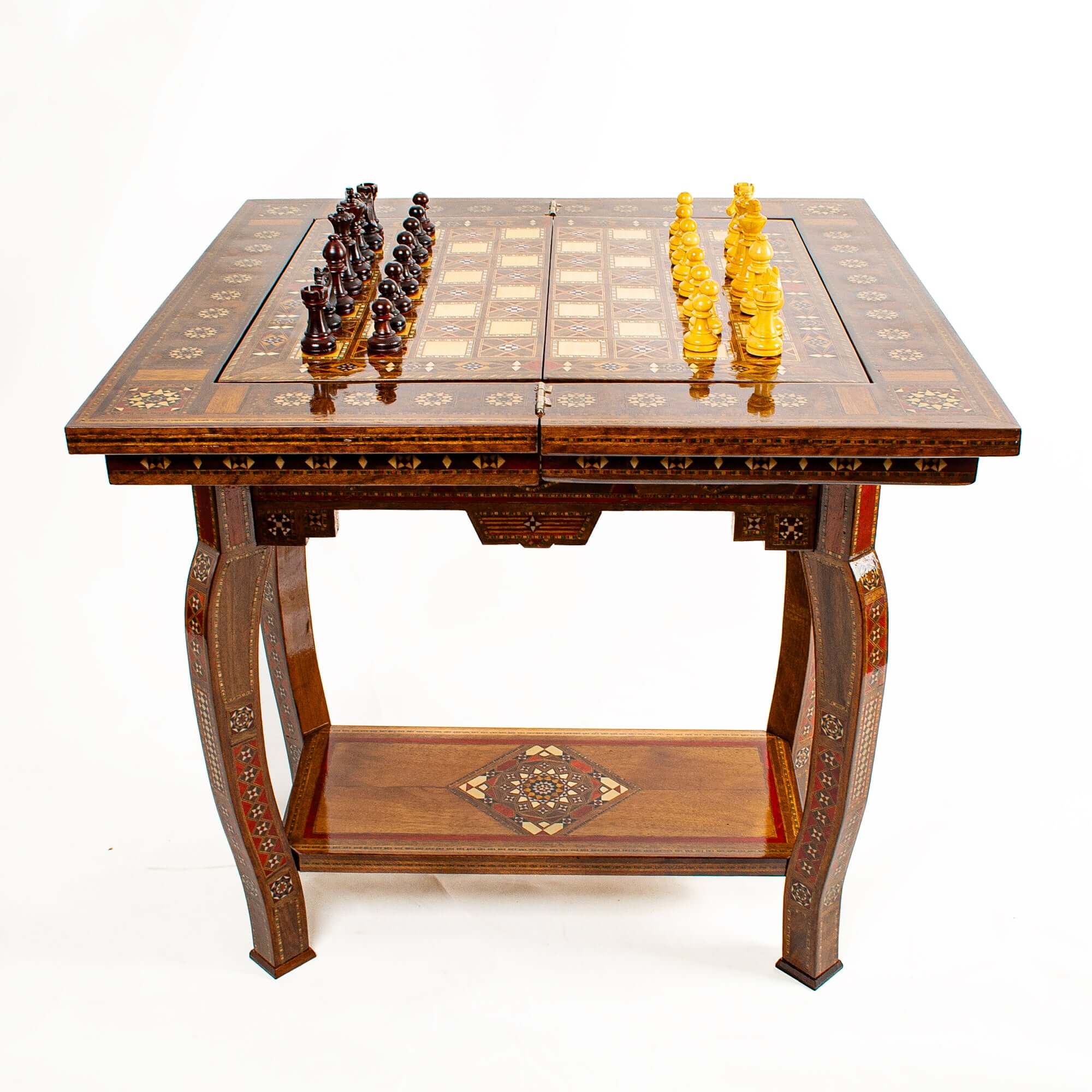

Leave a comment
All comments are moderated before being published.
This site is protected by hCaptcha and the hCaptcha Privacy Policy and Terms of Service apply.